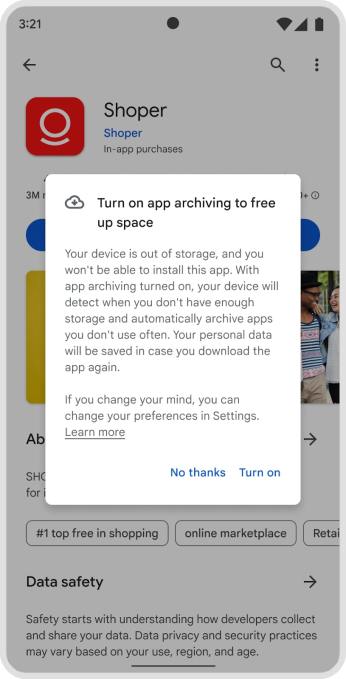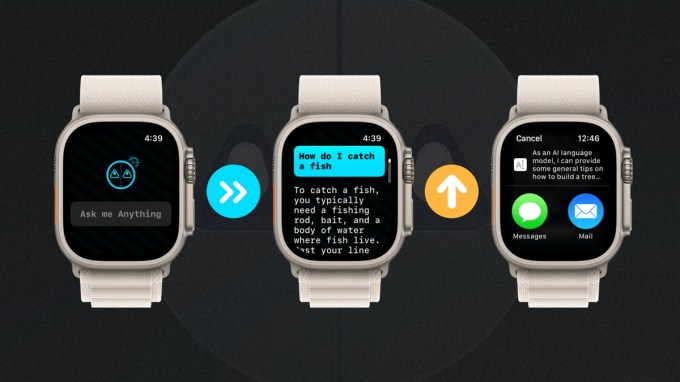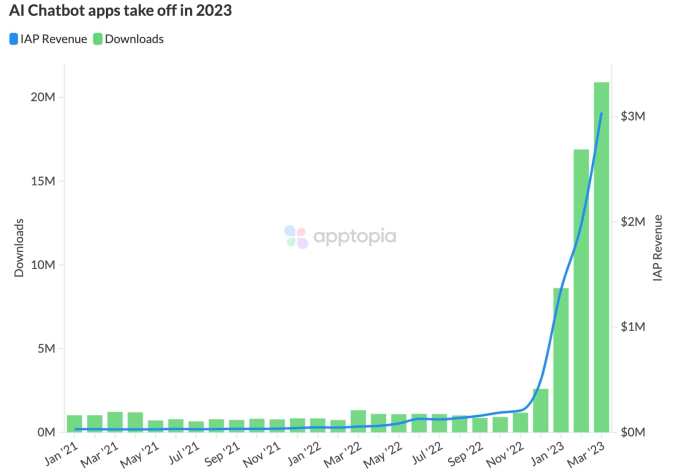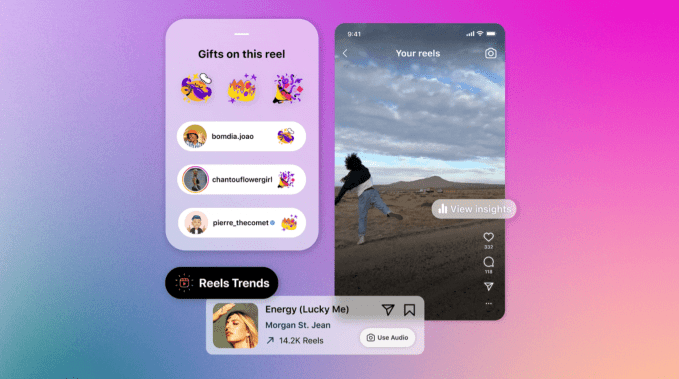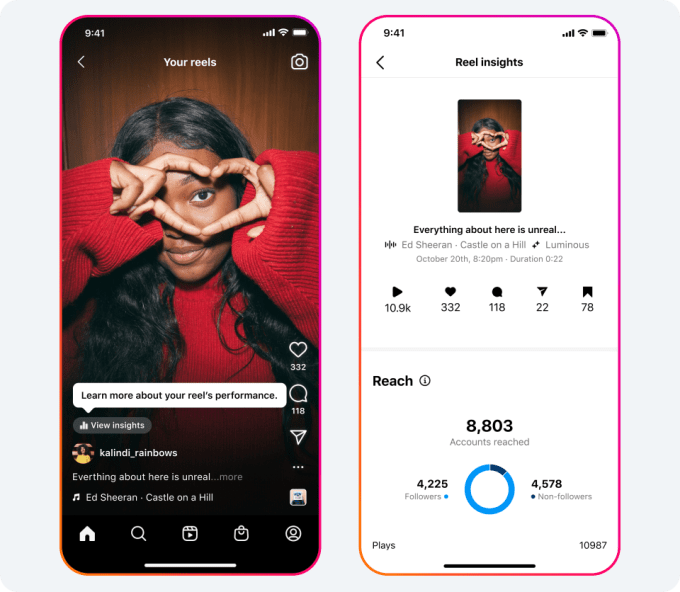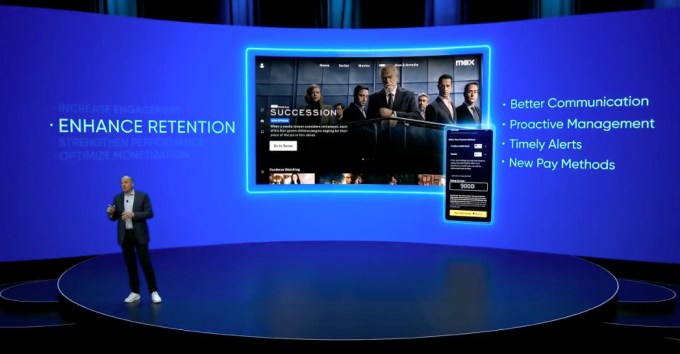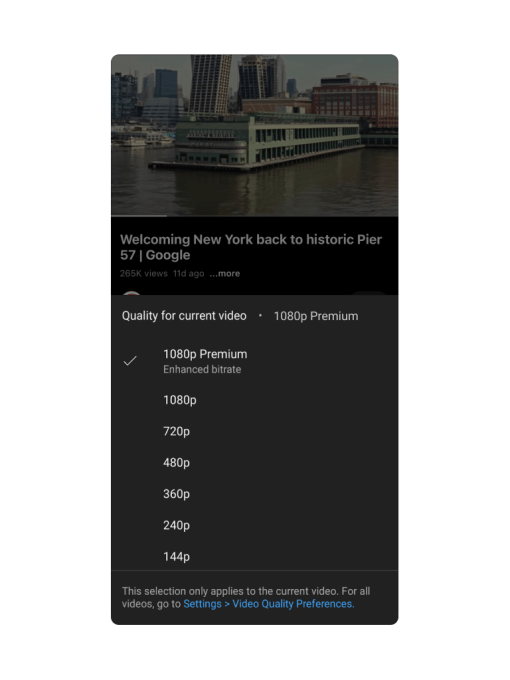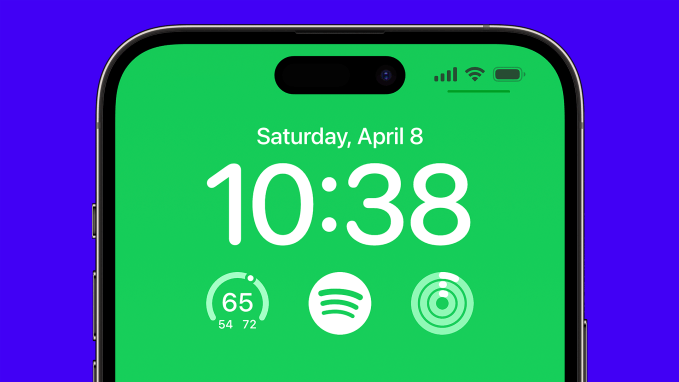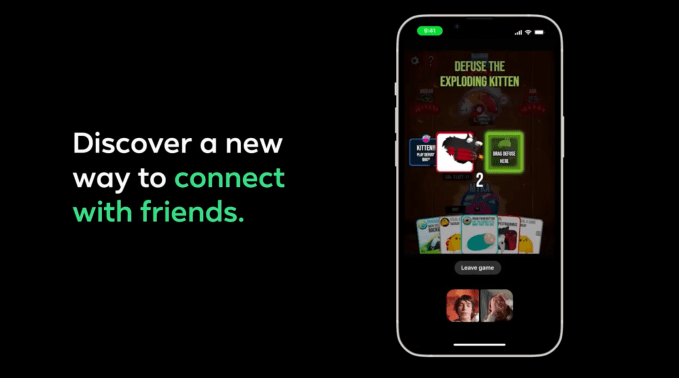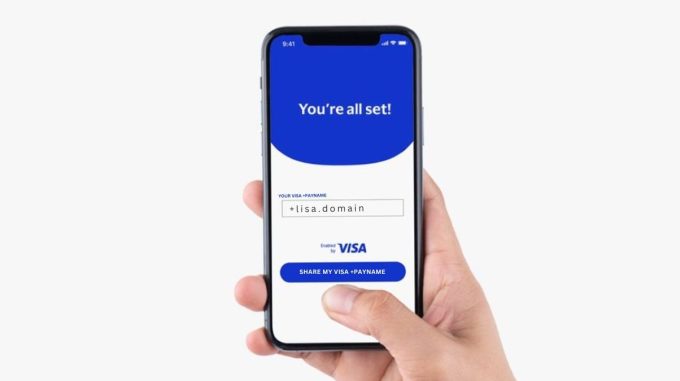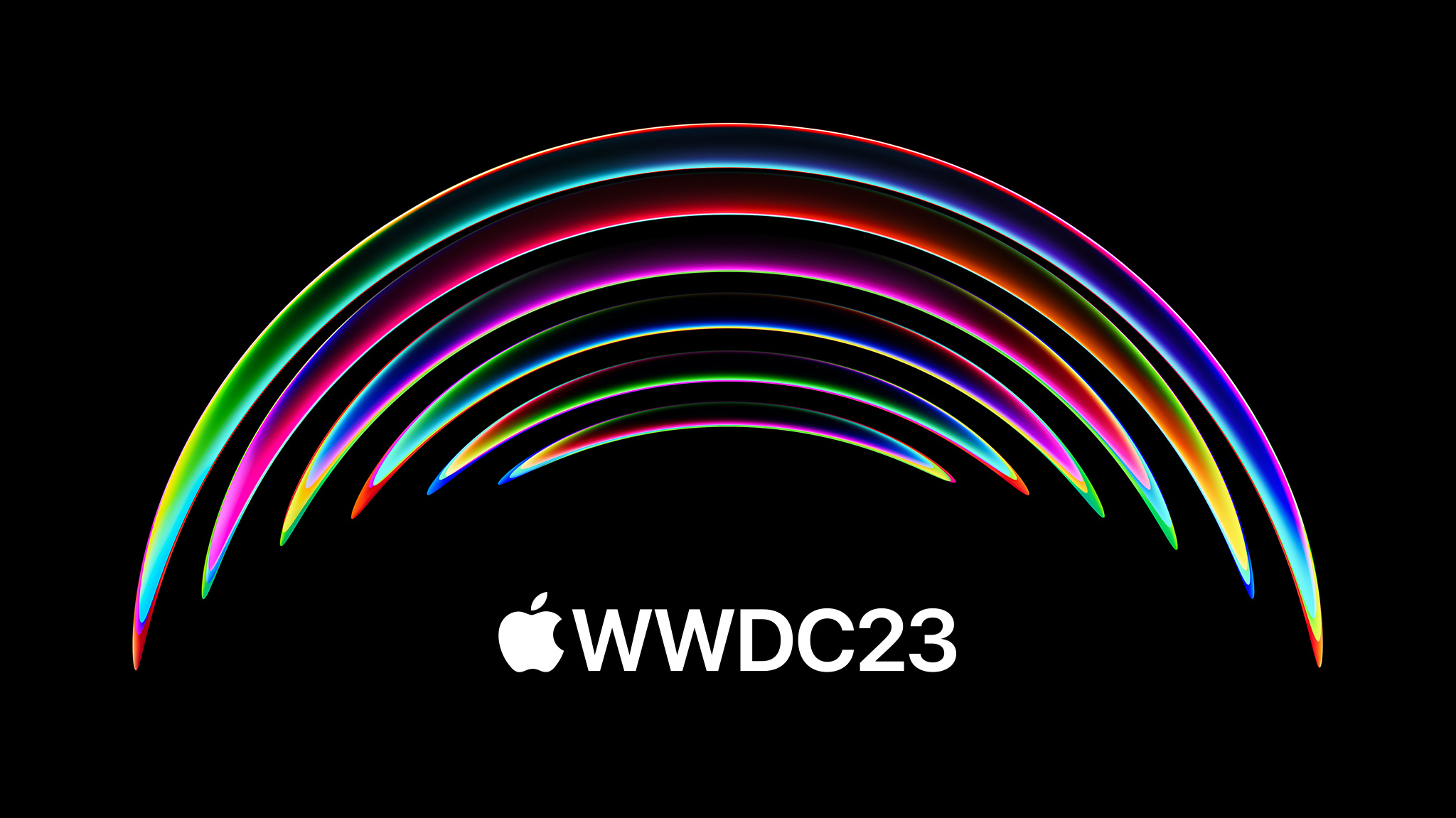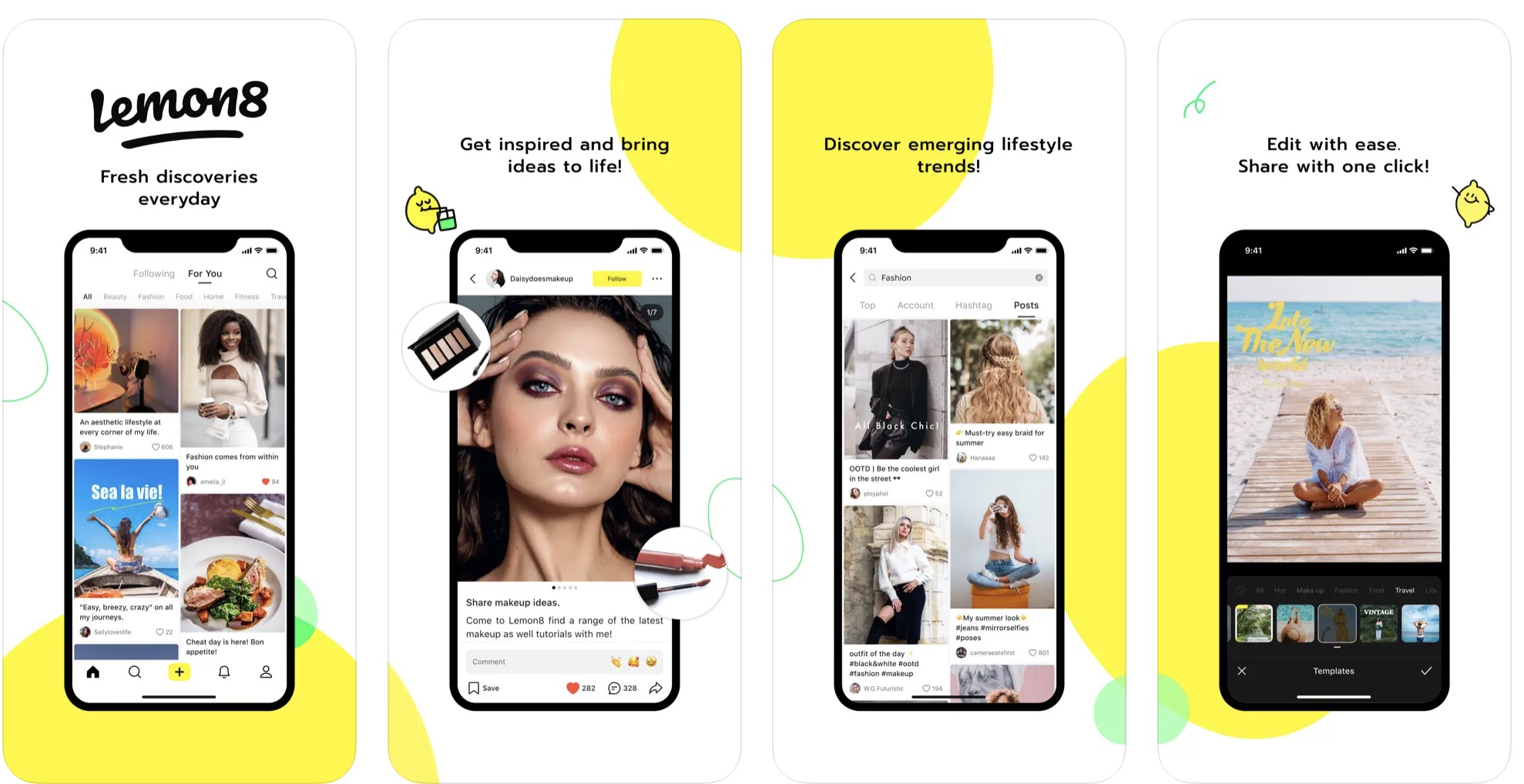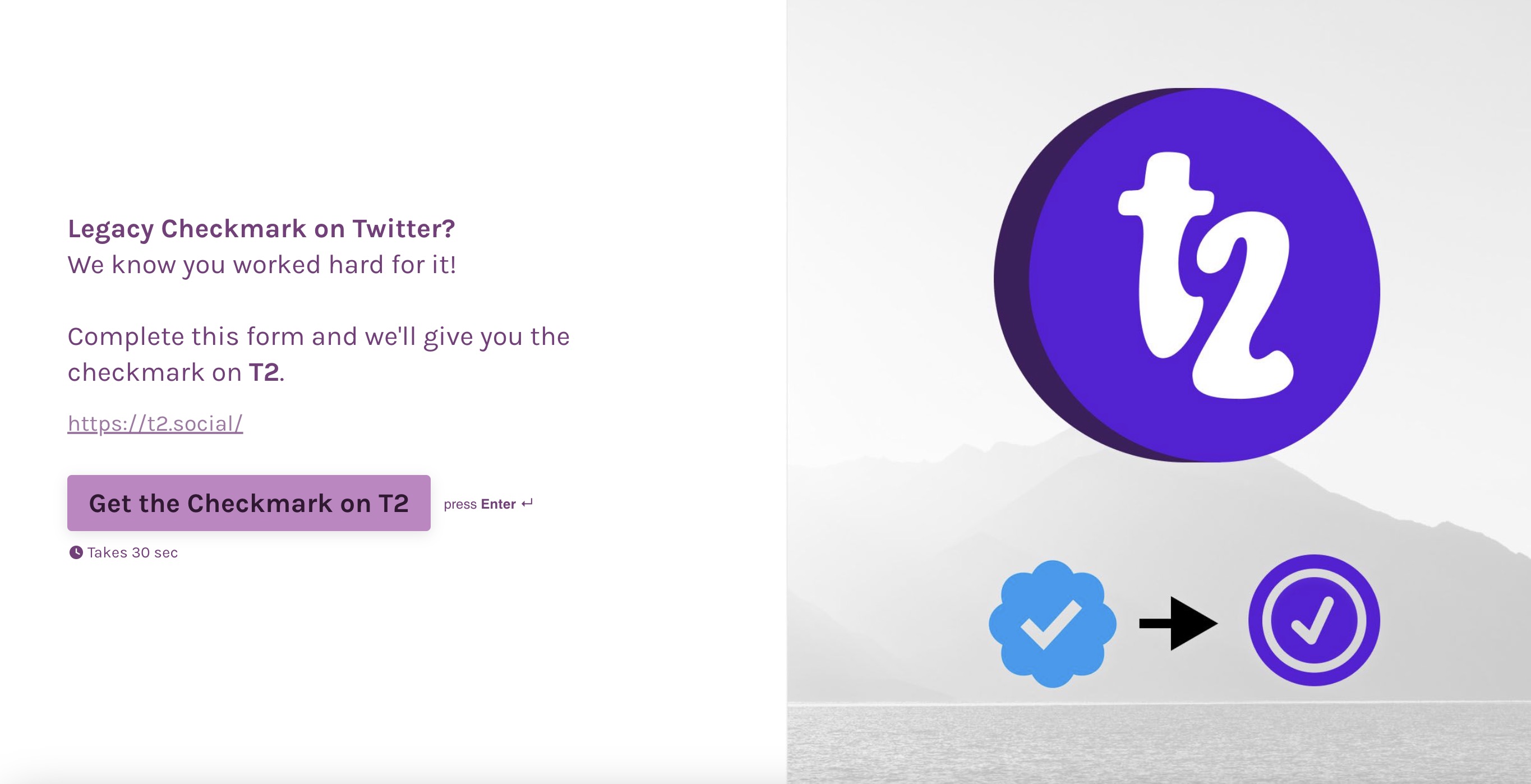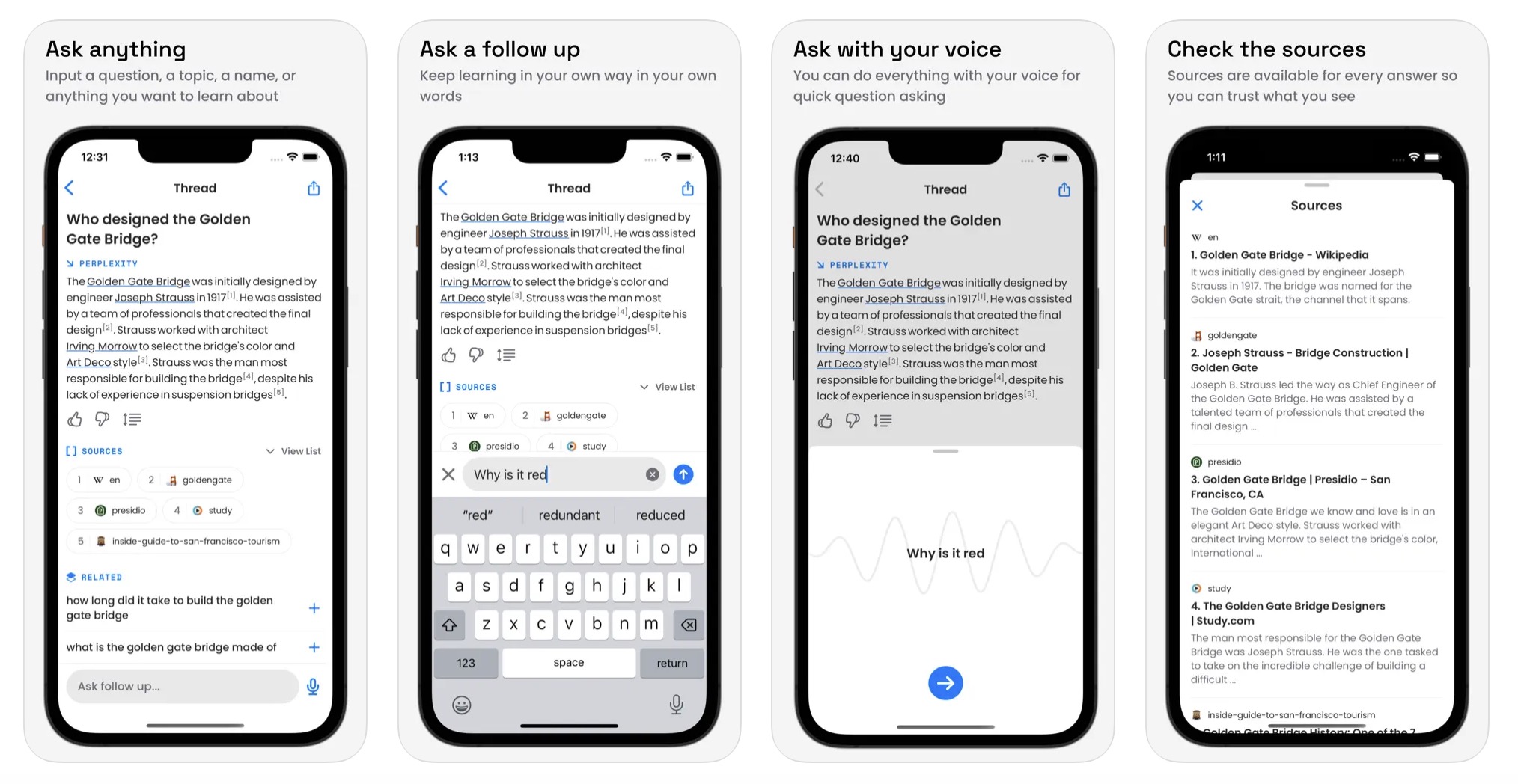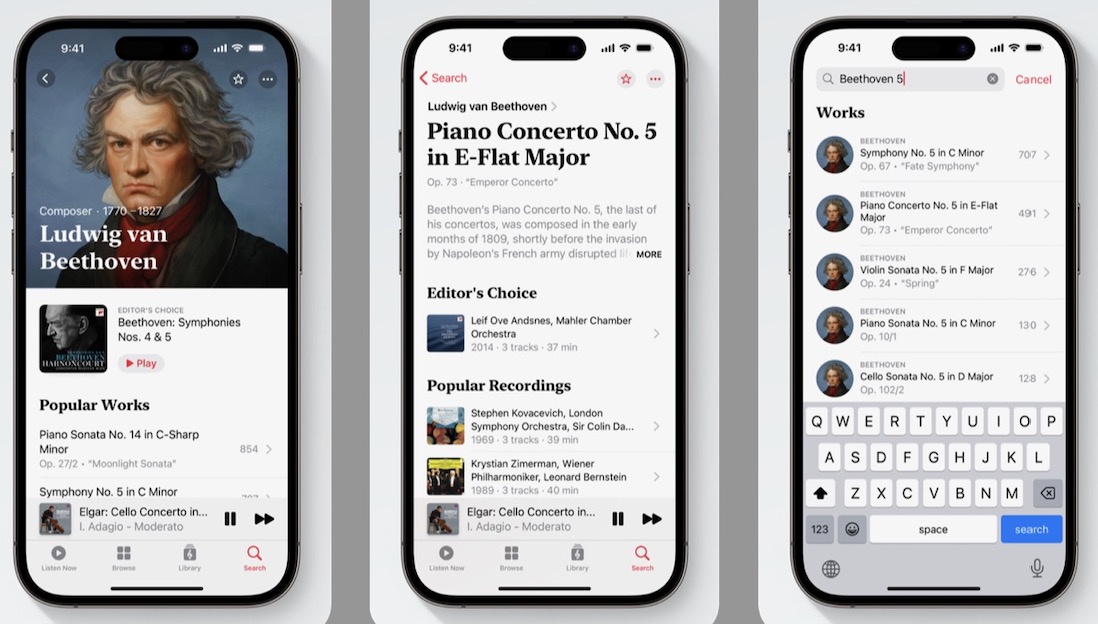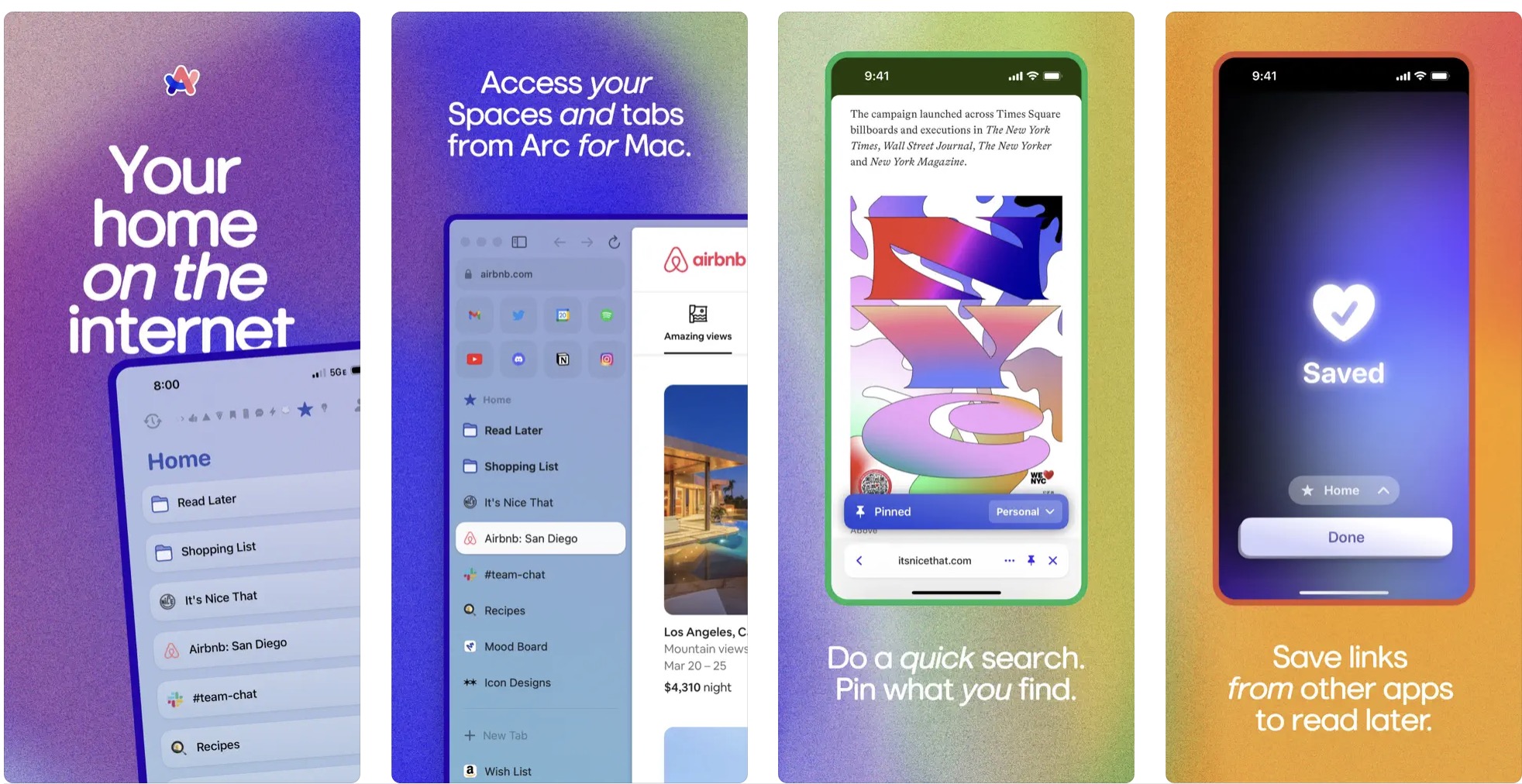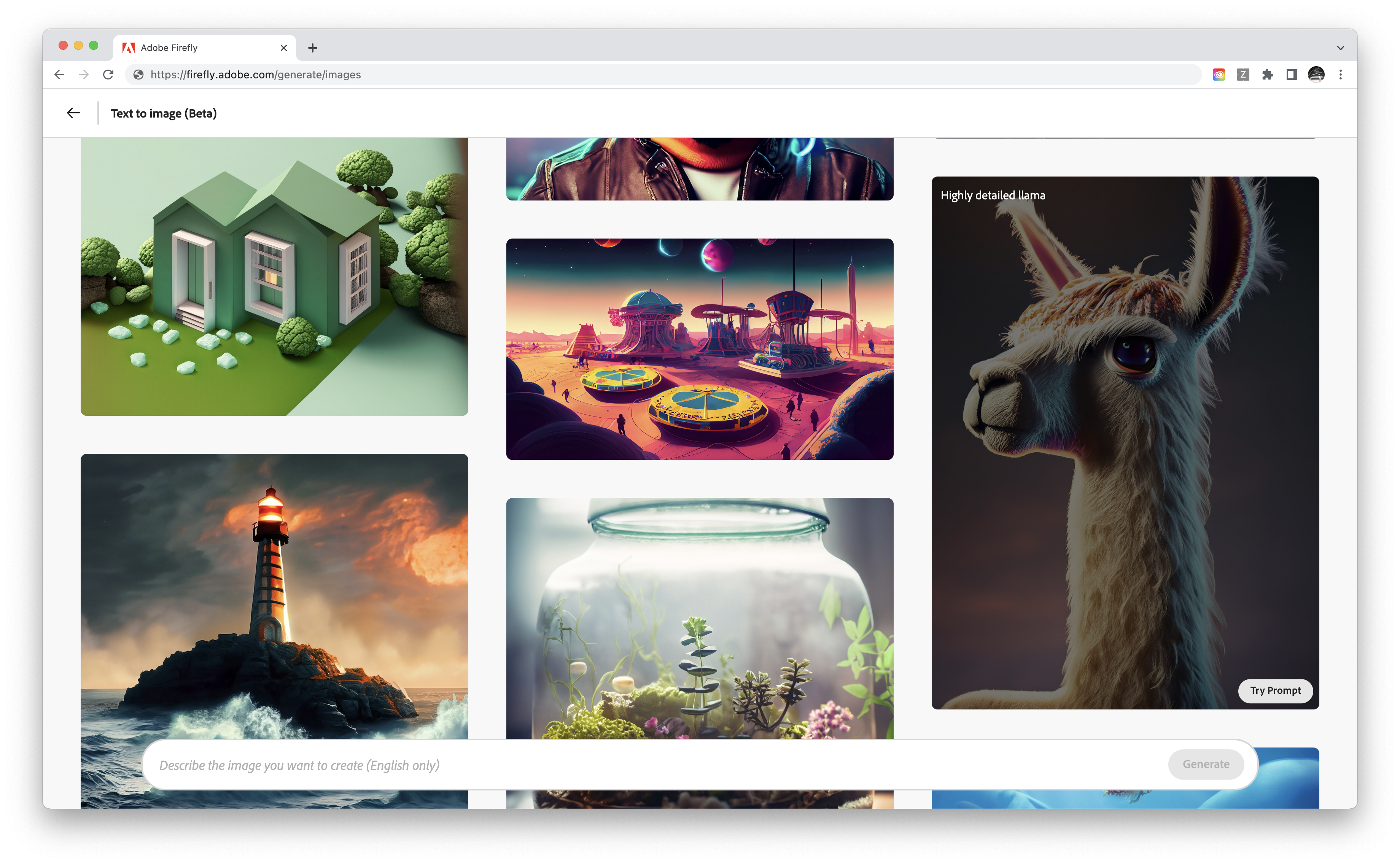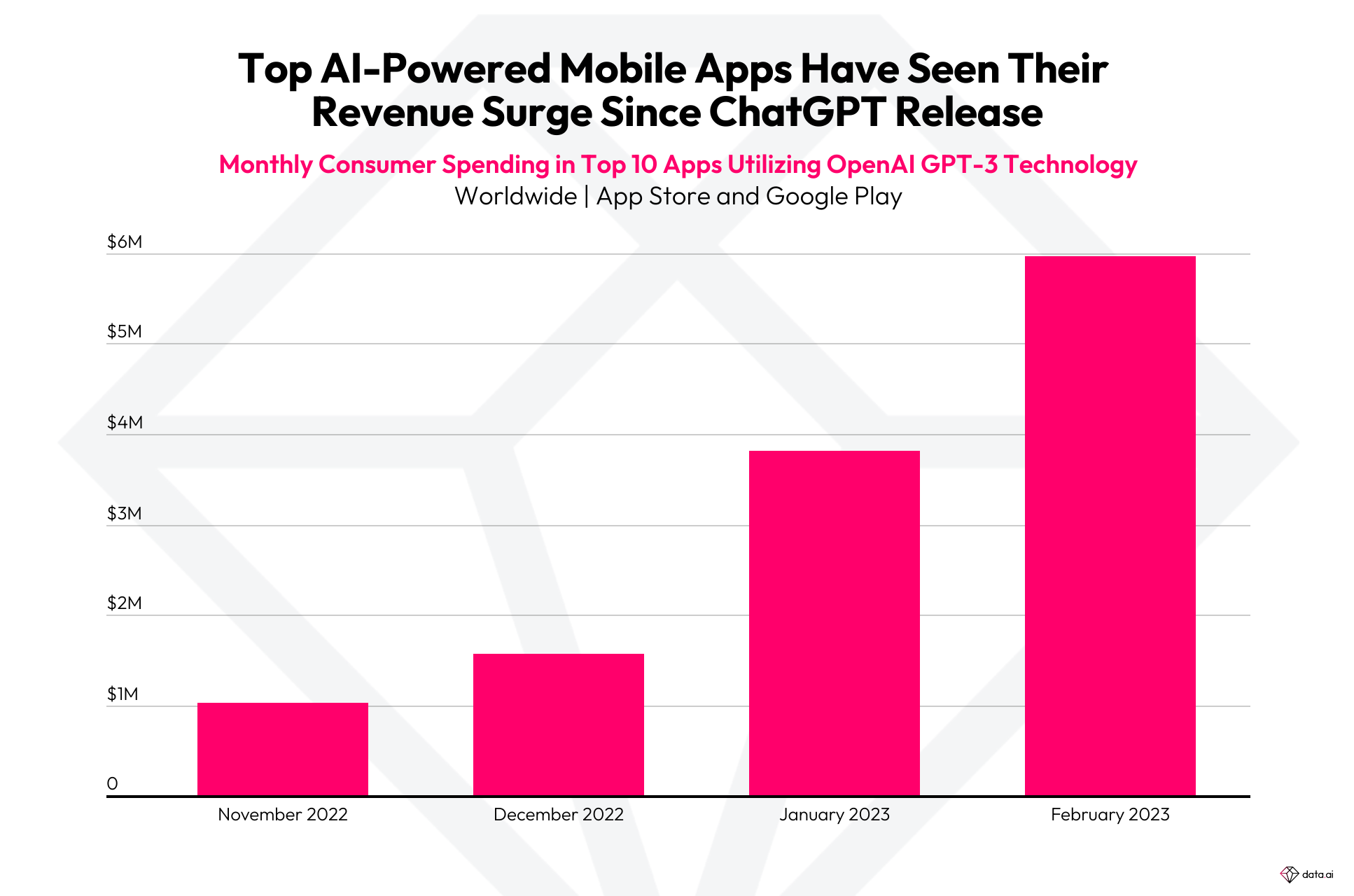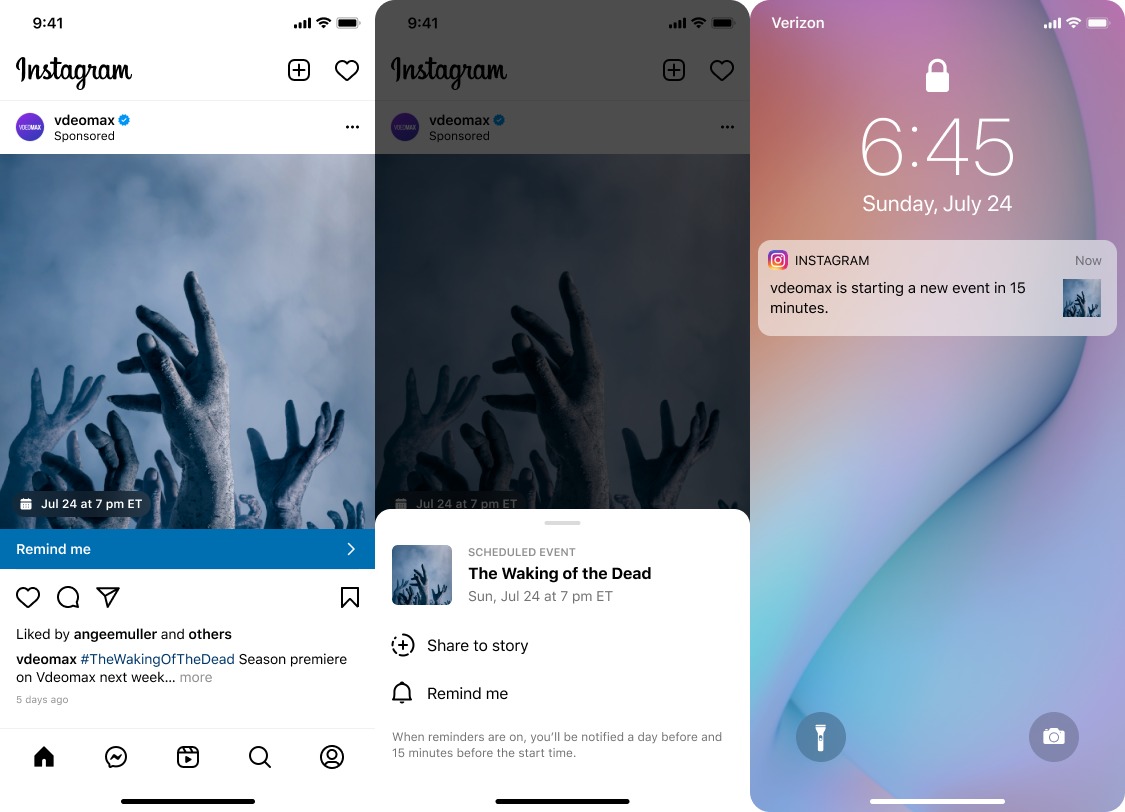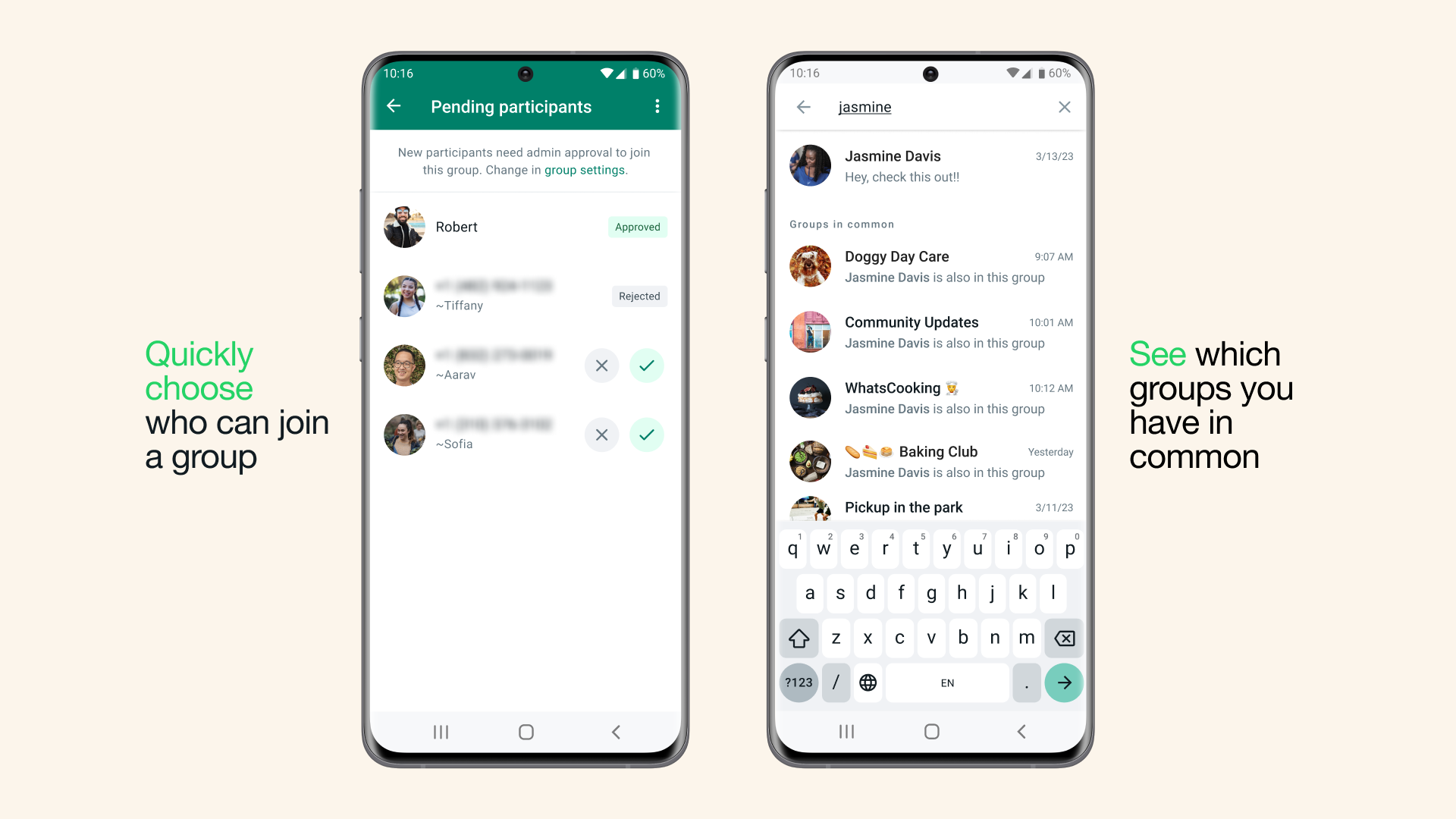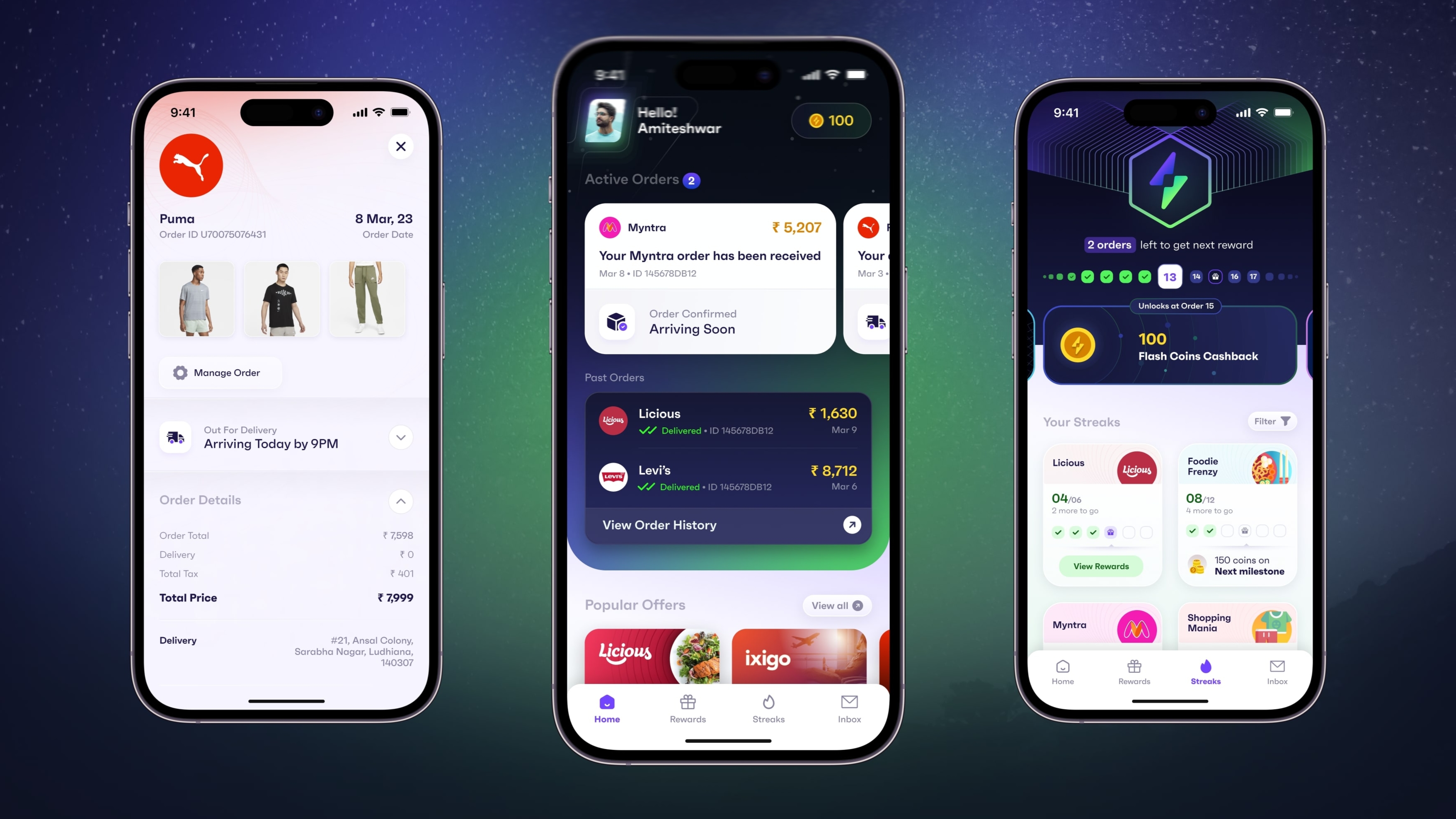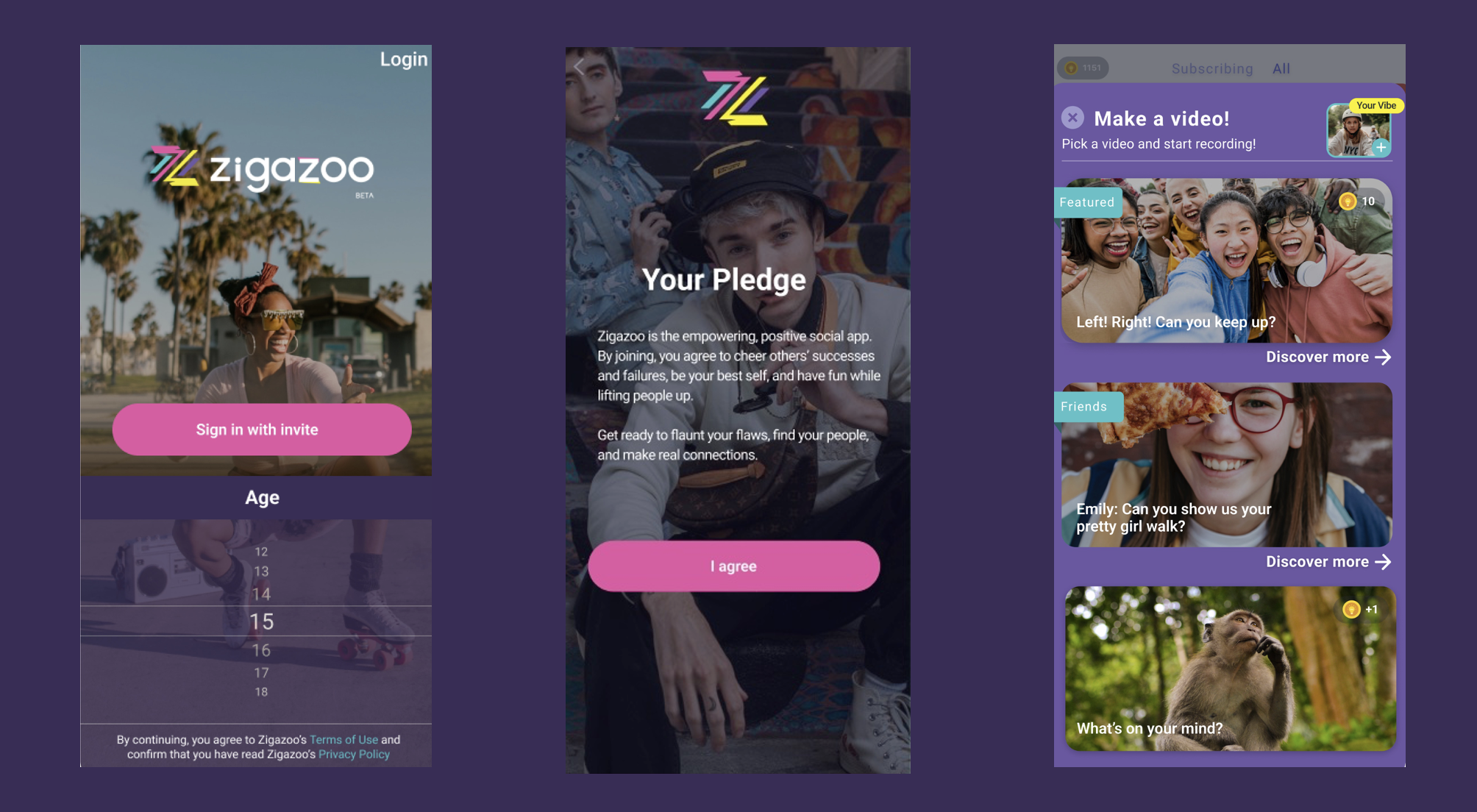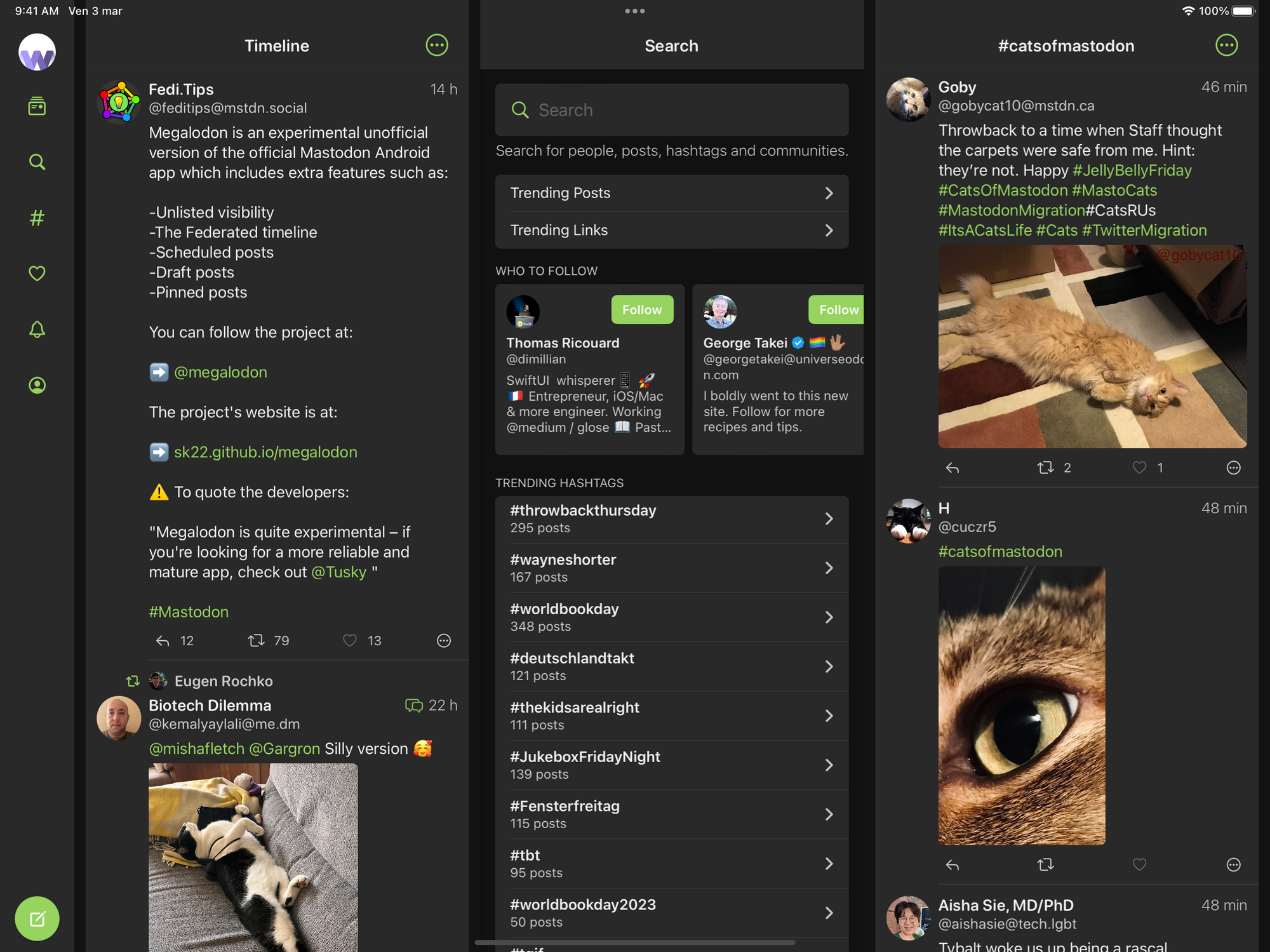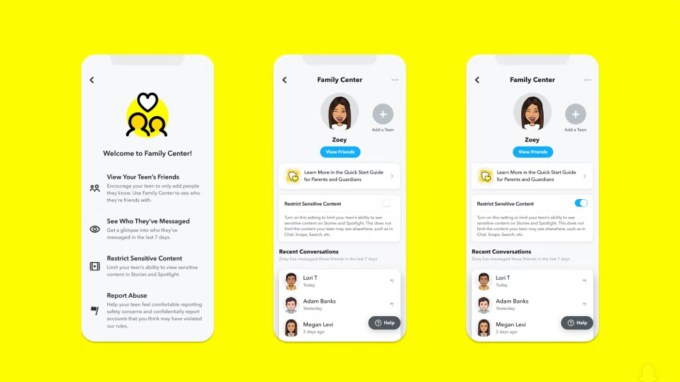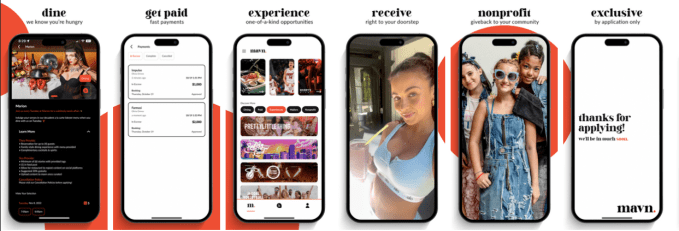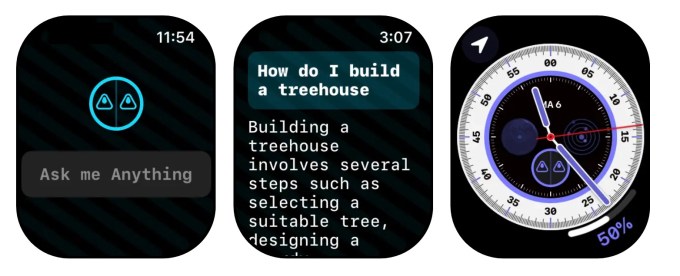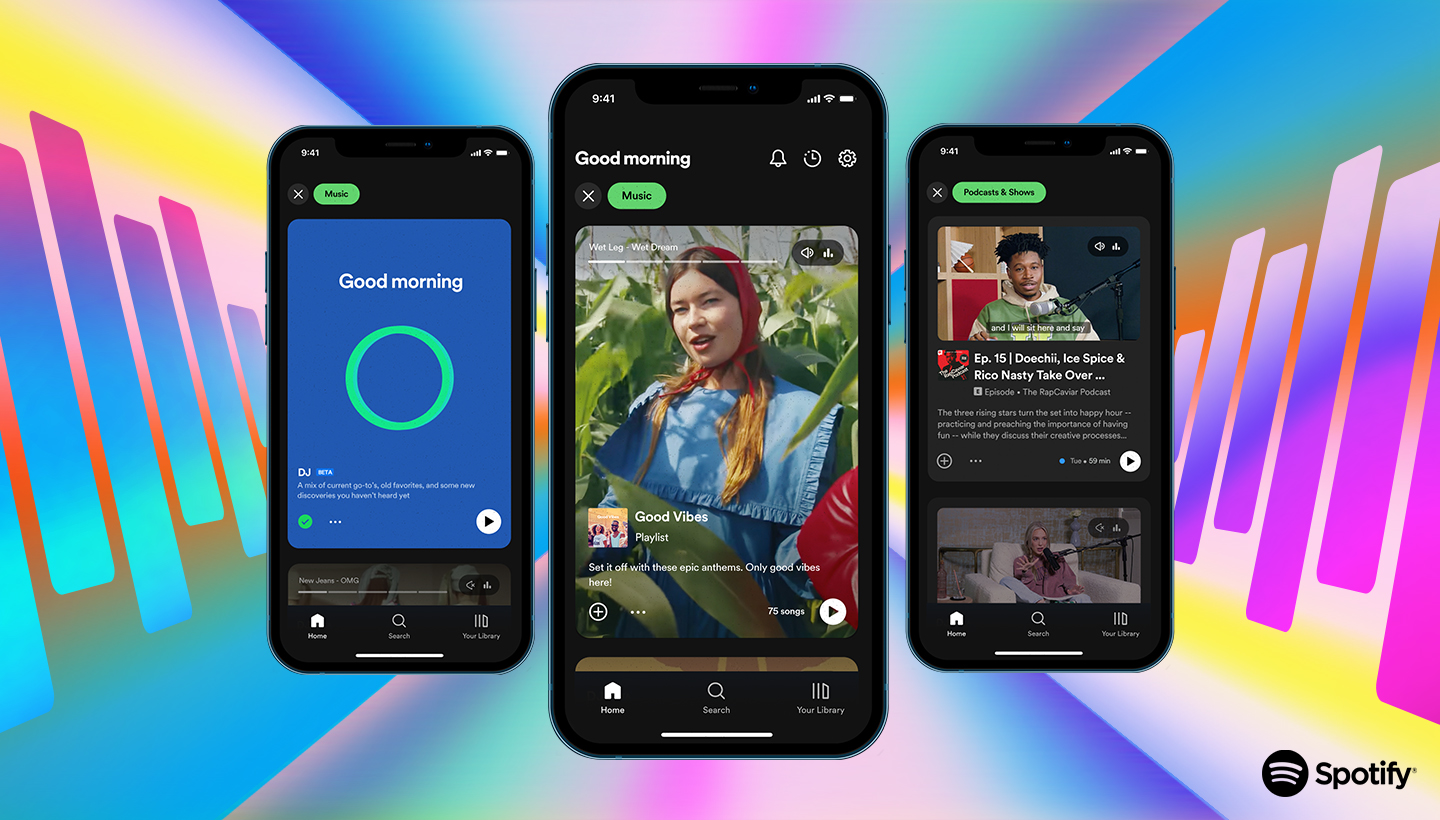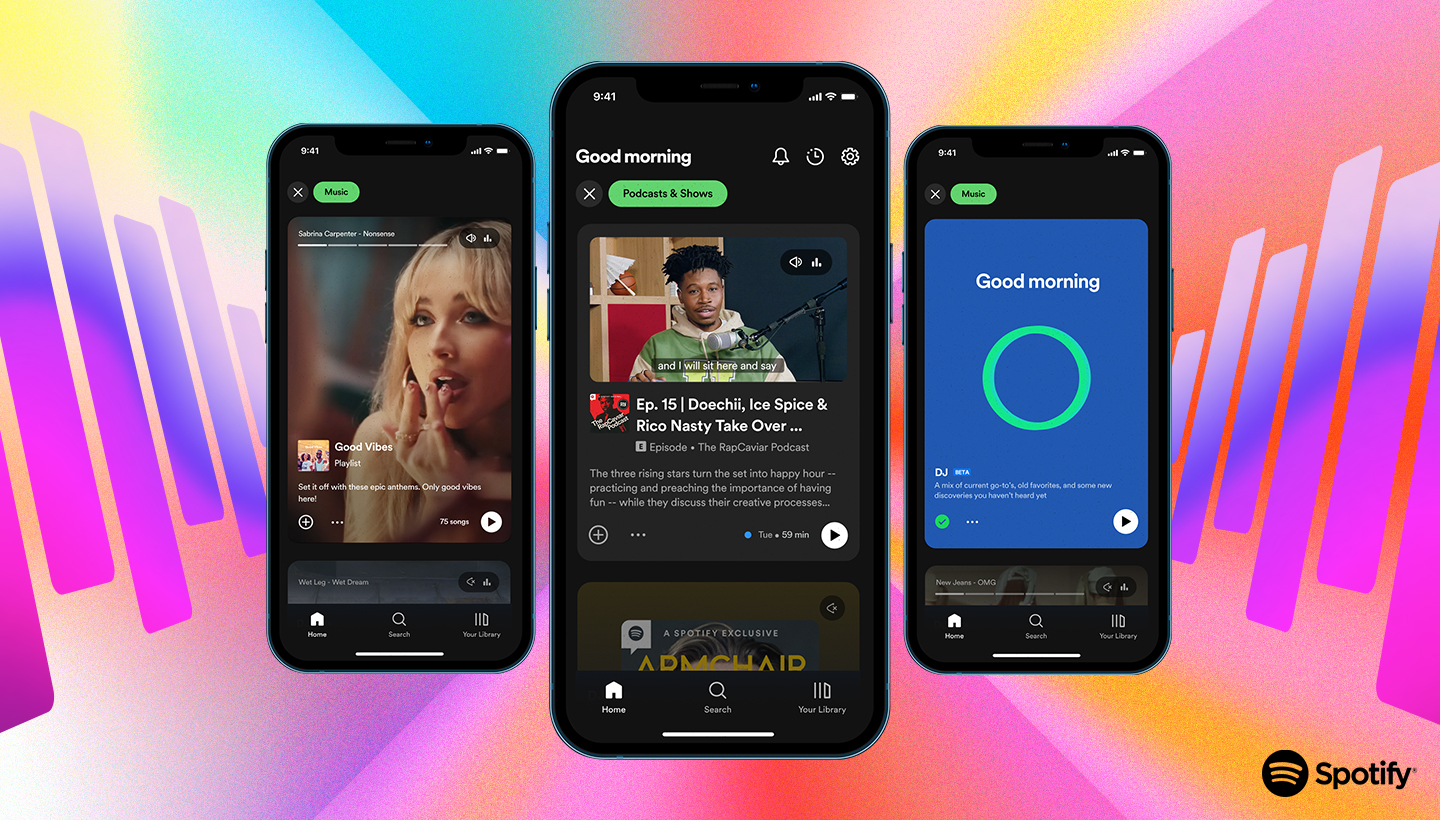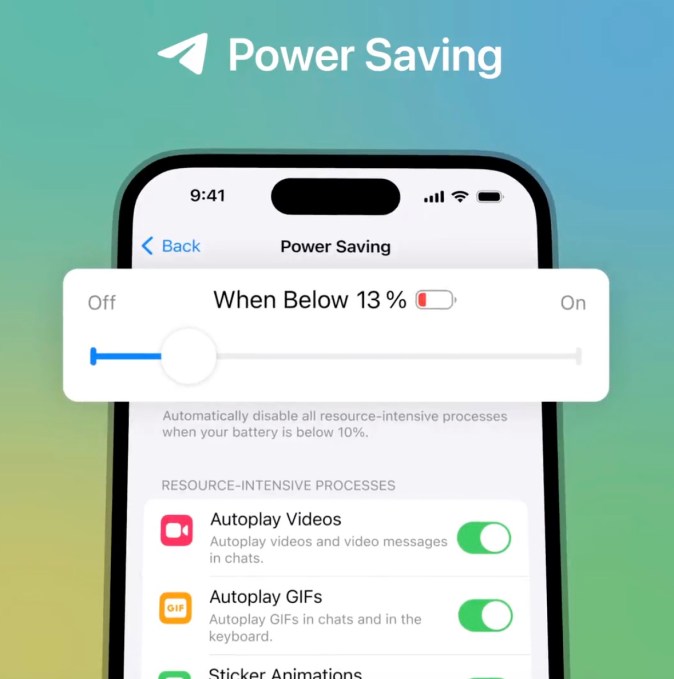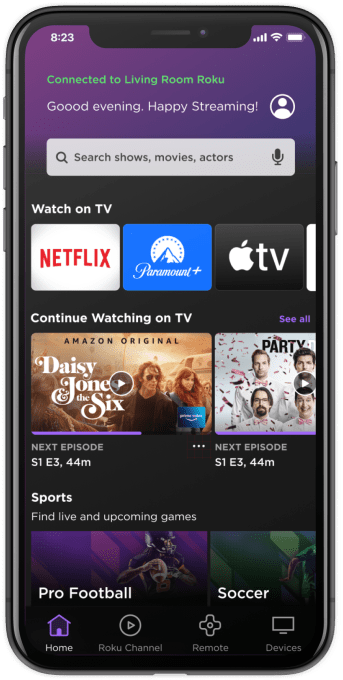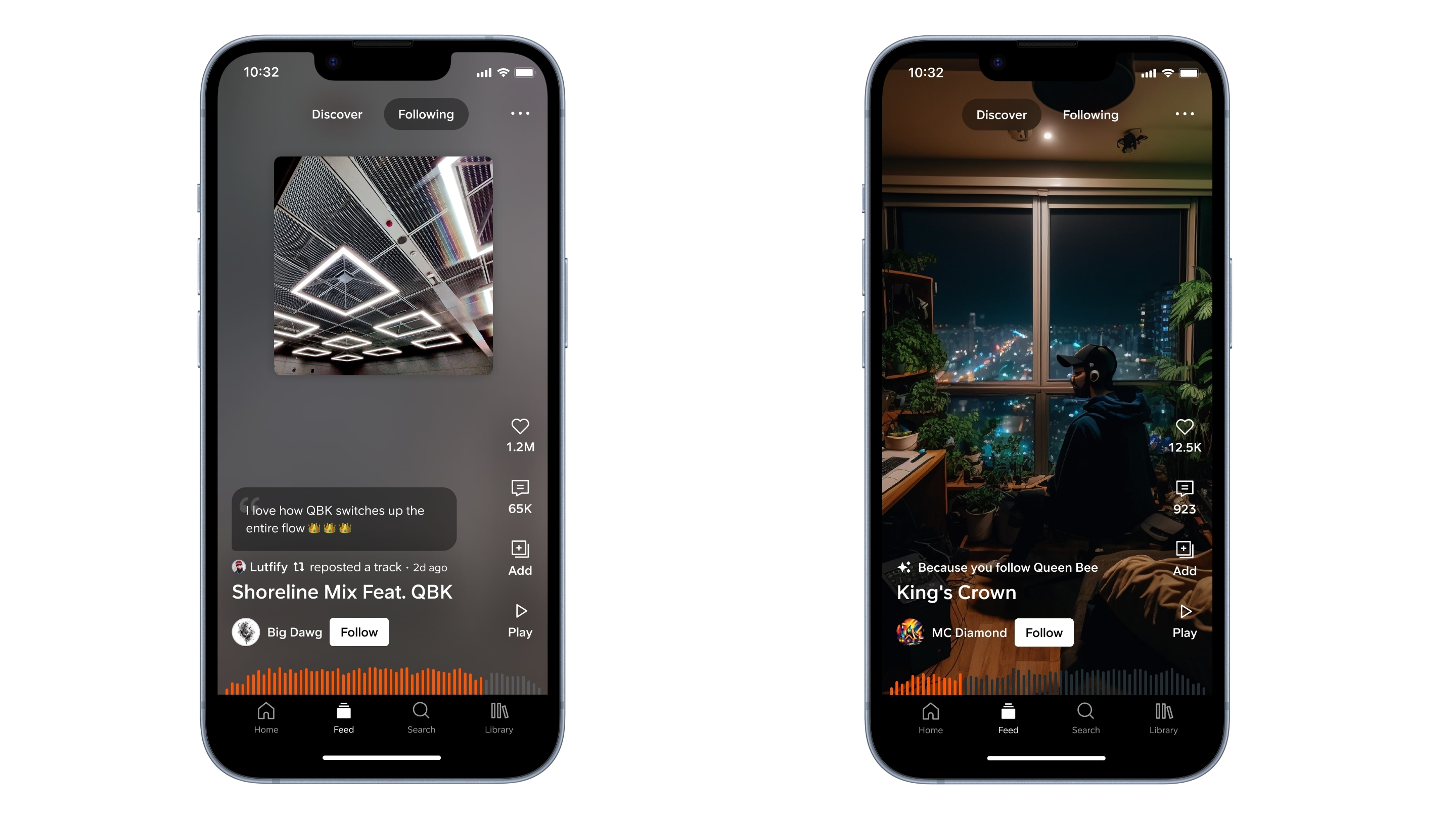Welcome back to This Week in Apps, the weekly TechCrunch series that recaps the latest in mobile OS news, mobile applications and the overall app economy.
The app economy in 2023 hit a few snags, as consumer spending last year dropped for the first time by 2% to $167 billion, according to data.ai’s “State of Mobile” report. However, downloads are continuing to grow, up 11% year-over-year in 2022 to reach 255 billion. Consumers are also spending more time in mobile apps than ever before. On Android devices alone, hours spent in 2022 grew 9%, reaching 4.1 trillion.
This Week in Apps offers a way to keep up with this fast-moving industry in one place with the latest from the world of apps, including news, updates, startup fundings, mergers and acquisitions, and much more.
Do you want This Week in Apps in your inbox every Saturday? Sign up here: techcrunch.com/newsletters
Top Stories
ChatGPT comes to the iPhone
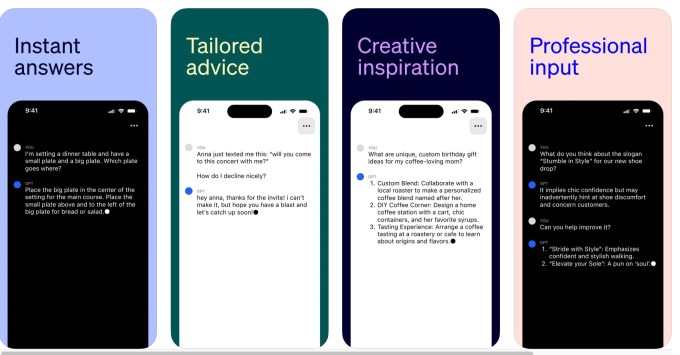
Image Credits: OpenAI (App Store screenshot)
ChatGPT is going mobile. On Thursday, OpenAI announced the launch of an official iOS app that allows users to access its popular AI chatbot on the go, months after the App Store was filled with dubious, unofficial services. The new ChatGPT app will be free to use, free from ads and will allow for voice input via Whisper, the company says, but will initially be limited to U.S. users at launch. Support for other markets will be available in the “coming weeks,” OpenAI said, without offering further details. An Android version is also promised to come “soon.”
Like its desktop counterpart, the new ChatGPT app allows users to interact with an AI chatbot to ask questions without running a traditional web search, plus get advice, find inspiration, learn, research and more. Given the issues with Apple’s own voice assistant, Siri, and its own lack of AI progress, the new release could push more users to try ChatGPT on their phones as their main mobile helper. This could potentially impact Google, as well, as the search engine today benefits from being the default search engine in Safari on Apple’s iPhone.
Consumer interest in AI has been growing, which led to the top 10 mobile AI apps generating double-digit millions in consumer spending before the first quarter of this year even wrapped, but far too many of today’s apps claiming to offer ChatGPT access were effectively scams that tricked users into high-priced subscriptions. Apple doesn’t always promptly take down fleeceware like this, despite the harm to consumers. (Some believe it’s not incentivized to do so given it benefits financially by leaving scam apps up where it can take a cut of the subscription payments.)
Now that there’s an official (and free!) ChatGPT app on the market, there’s little need for consumers to download a paid alternative. If people want more functionality — like faster response times or access to GPT-4 — they can pay OpenAI directly for a ChatGPT Plus subscription.
It remains to be seen how the launch will impact the wider AI chatbot market, or if Apple will begin to quietly pull down some of the more unscrupulous ChatGPT scam apps from the App Store. The app may also shift consumer behavior away from relying on voice assistants like Siri and, later, Google Assistant, as users turn to ChatGPT to answer more of their everyday questions and direct them to new information.
For the time being, the new ChatGPT app is No. 1 on the top free apps chart in the App Store and is also being featured at the top of the App Store’s Apps tab, and in a list of “Must-have” apps for iPhone. However, internally at Apple, staff has been banned from accessing ChatGPT over fears of leaked confidential data.
Microsoft expands AI features across its mobile apps
Open AI may have been the big news this week, but Microsoft also rolled out a number of AI updates to its suite of mobile apps as competition with Google and others heats up.
The company announced a number of changes to Bing, including the rollout of several of the features that it had detailed earlier this month. Across desktop and mobile, this included videos, Knowledge Cards, graphs, better formatting and social sharing capabilities in Bing Chat. Chat history is also arriving across desktop and mobile, allowing users to look back and view a list of their recent activity. (Mobile will receive the feature first, Microsoft says.)
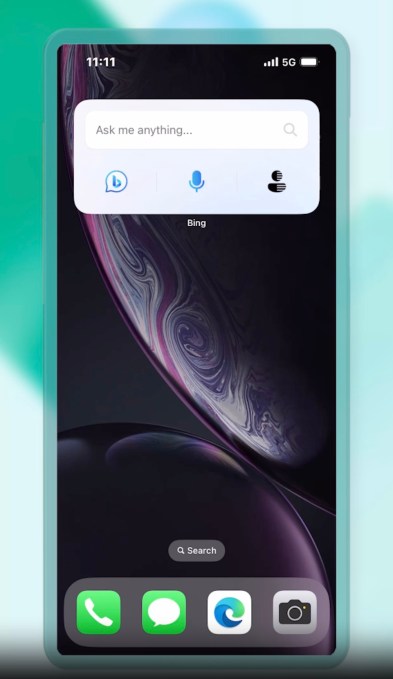
Image Credits: Microsoft
Plus, users will now be able to add a Bing Chat widget to their iOS or Android Home Screen, for faster access to Bing Chat. Later, users will be able to also click the Bing app icon to be taken directly to chat or tap a microphone icon to ask a question.
Users will also be able to start a Bing Chat conversation on the desktop and then continue it on their smartphone — a feature that should arrive by next week. The company says it’s expanded the country and language support for voice input, as well.
In addition, Microsoft is adding Bing Chat to the mobile version of its Edge browser app, which lets you ask questions related to the mobile website you’re viewing, including for it to summarize the article or page. When reading, you’ll soon be able to highlight a word or phrase and have it open a conversation with Bing to learn more about the topic.
The updates included other apps, too, like the SwiftKey keyboard app, which gained the ability to compose text for you, based on the parameters you suggest related to the subject matter, tone, format and length. Microsoft suggests this could be used for writing emails, for example. The feature is coming to iOS and Android in a couple of weeks. An AI-powered translator is also being built into the SwiftKey keyboard.
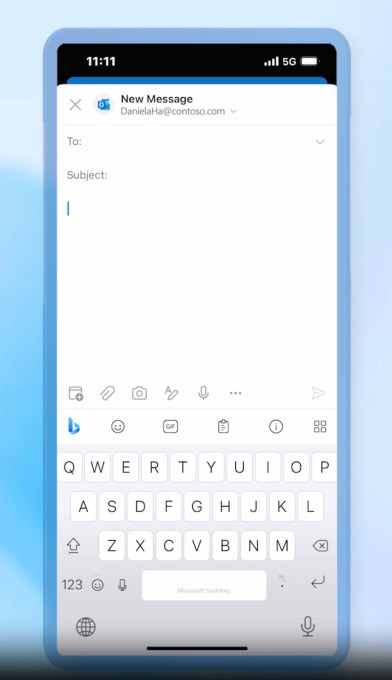
Image Credits: Microsoft
Meanwhile, Skype users can now use Bing in their group chats.
The pace of app updates here is worth noting. Microsoft only debuted Bing Chat 100 days ago, it noted in its announcement on Tuesday, and it has continuously shipped new features since. The latest round of updates follows news from Google’s I/O developer event, where it opened up access to its AI chatbot Bard, which is now available without a waitlist.
It should be interesting to see how quickly Google follows to add Bard access across its own suite of mobile apps, as Bing is doing, or integrate Bard into its own home screen widgets. For now, Google is testing AI features through Search Labs, where today it houses a handful of projects, including AI-powered Google search features, AI in Google Workspaces, smart note-taking project Tailwind and generative music maker MusicLM.
What we know about Instagram’s Twitter clone
More details are emerging about Instagram’s Twitter clone due out later this summer. The decentralized social app will allow users to authenticate with their existing credentials in order to post short updates, including text, links, photos and videos, to the platform. Their account details, like usernames, profile photos and even block lists are said to carry over to the new experience, which will also interoperate with decentralized apps like Mastodon.
This week, we understand Meta has been reaching out to celebs and high-profile influencers to get them on board as early adopters. Athletes, actors, producers, showrunners and comedians are said to be the early priorities. In addition, one leak involved screenshots of the new app — or at least mock-ups. These show an app that has a very Twitter-like look and feel, with text posts, likes and comments, but in more of a timeline view that’s less media-heavy that an Instagram feed.
What do you think about Instagram’s Twitter app? Let me know what you’re thinking and hearing via email (sarahp@techcrunch.com) or Signal (415.234.3994)
Platforms
Apple
- Apple released updated versions of its operating systems, including iOS 16.5, iPadOS 16.5, macOS Ventura 13.4, watchOS 9.5, tvOS 16.5, and HomePod 16.5. The updates bring new Pride Wallpaper and watch faces, plus bug fixes around unresponsiveness in Spotlight, Screen Time and Podcasts in CarPlay, as well as a security fix for an actively used exploit. However, one of the bigger consumer-facing changes is the addition of a new Sports Tab in Apple News that gives you access to stories, scores, standings and more, as well as a My Sports score feature and scheduled cards that take you directly to game pages for more detail.
- On Apple TV 4K, Apple officially launched its new multiview feature for sports fans, allowing viewers to watch up to four simultaneous streams at once. The feature was previously in beta and is currently limited to watching select sports content, including Major League Soccer matches, Friday Night Baseball games and certain MLS and MLB live shows.
- Georgia is the latest U.S. state to add support for driver’s licenses and state IDs in Apple Wallet.
- Bloomberg’s Mark Gurman shares more details about Apple’s upcoming mixed reality headset expected at WWDC, including how the device has deviated from Tim Cook’s initial vision of unobtrusive glasses to a headset that resembles ski goggles and has a separate battery pack.
-
- Apple introduced new accessibility features including Live Speech, Personal Voice and others, like Assistive Access which combines Phone and FaceTime apps and uses larger icons. However, people have been particularly intrigued by Personal Voice, which has users first spend about 15 minutes reading selected text prompts into their microphone. The tool then leverages machine learning on the local device to create a text-to-speech voice that sounds like you.
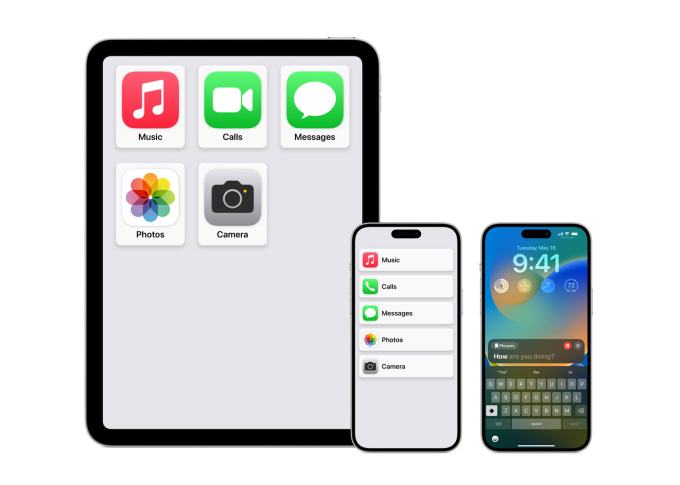
Image Credits: Apple
- Google is moving forward with its in-app billing policy in India after complaints from developers who said the service wasn’t compliant with regulations that require Google to let developers offer third-party billing. The developers had argued the new system still requires them to pay a high service fee of 11% or more, despite using their own billing systems. But Google says the 4% fee reduction (from 15% originally) is fair and legal.
- After Google mistakenly launched an internal build of its Personal Safety app to the Play Store, the site 9to5Google grabbed screenshots of a new “Dashcam” feature that will record video while you’re driving, helping to protect drivers in the event of an accident or other situations where video could be helpful.
App News
Media & Entertainment
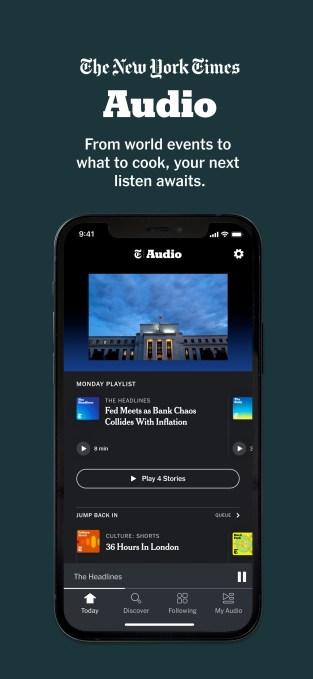
Image Credits: NYT
The NYT launched its own audio app. The launch capitalizes on The Times’ acquisition of audio journalism app Audm in 2020, which served as the basis for the new offering. In the newly launched New York Times Audio, the company combines the publication’s top podcasts, like “The Daily,” “The Ezra Klein Show,” “Hard Fork,” “Modern Love,” “The Run-Up” and others, with those made exclusively for the new platform. Thanks to its $25 million acquisition of the production studio behind “Serial,” the app includes content related to that deal, as well, like the namesake show itself, plus new shows from the studio like “The Trojan Horse Affair,” “The Coldest Case in Laramie” and others, as well as “This American Life,” hosted by Ira Glass. Sports talk from The Athletic is also ne included along with Audm’s long-form narrated journalism from non-NYT sources. Audm will now shut down and its subscribers will be moved to NYT Audio. The app arrives following the success of other standalone mobile properties, like NYT Cooking and Games, but it’s unclear if it will see similar traction as users tend to enjoy streaming podcasts in a dedicated app that provides access to all their shows.
More in media…
- Apple said a change in Google’s podcast search results now allows users to click a button to start listening to podcasts directly in the Apple Podcasts app on their iPhone or iPad, via a deep linking. The change follows Google’s announcement in February that it was winding down a feature that would allow users to play podcasts directly in its search results.
- YouTube clarified that Google’s recently announced plan to delete inactive accounts will not impact YouTube’s digital archives. Many had been worried that YouTube videos associated with older Google accounts, including those that belonged to people who had died, would be removed as part of this change.
- Spotify’s AI DJ feature is now available in the U.K. and Ireland. The feature was only available in the U.S. and Canada at launch.
- Entertainment discovery app Likewise launched a ChatGPT plugin that helps users find TV shows, movies, books and podcasts they may like. The plugin is available through the ChatGPT Plus plugin store, but is not yet a feature in the mobile app itself.
- Apple brings new concert discovery features to Apple Music and Maps. On the Apple Music app, fans will gain access to Set Lists, which let you browse and listen to the set lists from favorite artists on tour, and read more about their productions. On Apple Maps, Apple is adding over 40 new Guides curated by Apple Music editors that will highlight music venues initially across 10 cities worldwide.
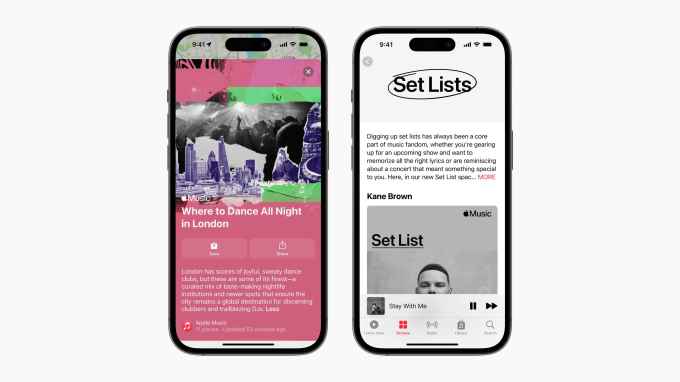
Image Credits: Apple
- An audio journalism app Curio, which turns expert journalism into professionally narrated content, launched an AI helper that can create customized audio episodes, based on your prompts. The AI, powered by OpenAI technologies, leverages Curio’s catalog of high-quality journalism licensed from partners like The Wall Street Journal, The Guardian, The Atlantic, The Washington Post, Bloomberg, New York Magazine and others. This allows users to now ask the AI, “Rio,” a question they want to learn more about, then have it create a bespoke audio episode that includes only fact-checked content from these sources.
Social Media
- Twitter increased its video upload limits for Twitter Blue subscribers from one hour and 2GB to two hours and 8GB on the heels of Tucker Carlson’s announcement that he plans to publish his show directly on the platform. Soon after, Twitter users began to test the limits of the feature by uploading full-length movies, but so far, these posts have been pulled down with error messages that cite copyright claims.
- Instagram announced support for GIFs in comments (on both posts and Reels) and support for collaborators in broadcast channels. The latter was introduced by CEO Mark Zuckerberg, who invited Instagram head Adam Mosseri into the channel to chat. Here, Mosseri teased other upcoming Instagram plans, like a lyrics feature for Reels. But the exec stayed silent on Instagram’s upcoming Twitter rival app, now in early development. When asked if he had anything to announce there, Mosseri just said “Nope.”
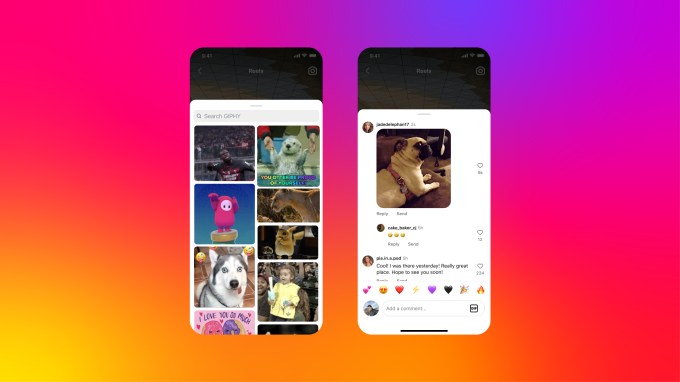
Image Credits: Meta
- A Pew study conducted five months after Elon Musk’s acquisition asked if users had taken a break from Twitter over the past year. As it turns out, many had. The study, which was conducted in March, found that a majority of U.S. adult Twitter users, or 60%, said they have taken a break from Twitter for a period of “several weeks or more” over the past year. This doesn’t necessarily point a finger at Musk as the reason, as “the past 12 months” includes a large stretch of before he owned the social app. Still, what’s cause for concern is that a quarter of users also said they didn’t see themselves using Twitter a year from now.
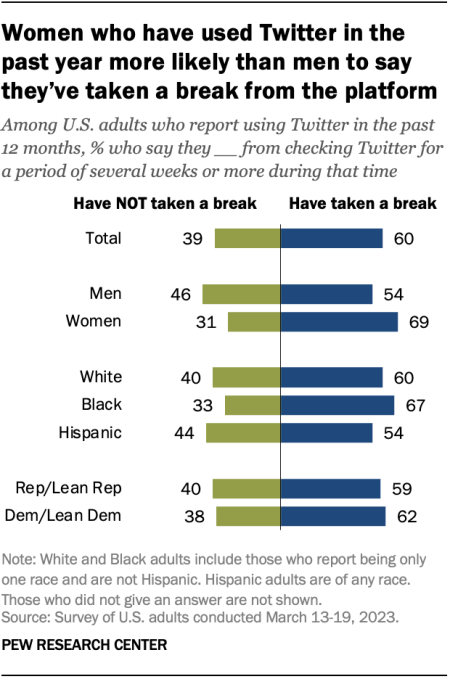
Image Credits: Pew Research Center
- Meta has started refunding advertisers for an April glitch that caused them to overspend, but small advertisers claim they’re not getting the same attention.
- Meta expanded its paid verification service to the U.K. after launching in Australia and New Zealand, then the U.S.
- Right-wing video site Rumble acquired podcasting and livestreaming service Callin from PayPal’s former COO David Sacks, who will now join Rumble’s board. The app had previously raised $12 million in Series A funding.
- Twitter reportedly acquired a recruiting startup, Laskie, in its first acquisition during the Elon Musk era, Axios reported. The company had raised $6 million.
- TikTok’s new creator fund will pay creators who make popular AR effects. The $6 million fund pays out based on user engagement. When an effect is used in 500,000 unique videos within 90 days of being published, a creator gets $700 USD. For every 100,000 videos published thereafter within the same 90 days, creators collect an additional $140.
- Spotify and Bumble team up on a new feature that lets dating app users share their favorite artists on their profiles. Daters can display their Top 10 list, helping matches find things they have in common.
- Digital creation app maker Picsart introduced new in-app social communities called Spaces that are dedicated to specific topics and interests. The spaces allow for social collaboration, similar to group forums or group chats, where users can browse, post and like and comment on each other’s posts.
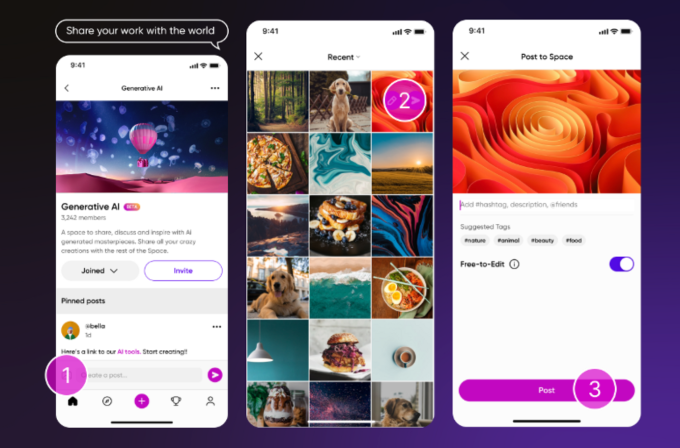
Image Credits: Picsart
Gaming
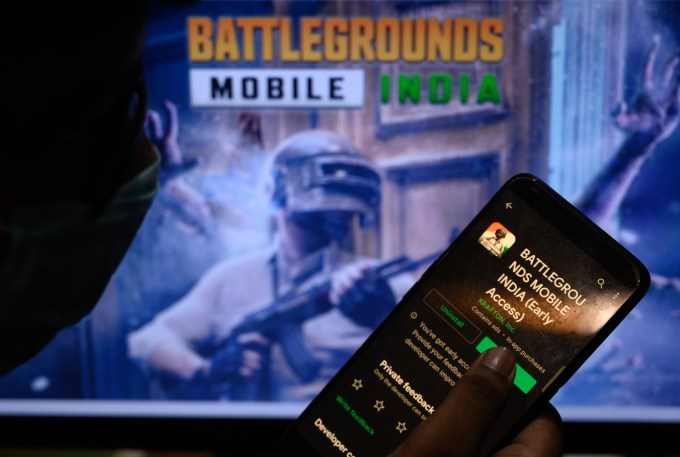
Image Credits: Soumyabrata Roy / NurPhoto / Getty Images
- South Korean tech giant Krafton won the approval from Indian authorities to resume operations of the popular India-focused battle royale mobile game, Battlegrounds Mobile India after the government banned PUBG in the region over its links to China. The new title has been granted a three-month trial approval, given Krafton’s move to address data security issues and the location of its servers. A final decision will be made later.
- Fortnite and Unreal Engine maker Epic Games invested in CLO Virtual Fashion, a digital garment solutions provider offering 3D garment design software, a digital CMS and collaboration platform, and a marketplace for selling designs. The two companies said they purchased shares in each other, but declined to disclose terms.
News & Reading
- News aggregator Artifact added a new feature that lets journalists and writers claim their profiles, so fans of their work can follow them on the app to see their content surfaced in recommendations. Writers who claim their profiles will be able to see how many people follow them and how many reads their articles have gained through the app. More metrics may be added in time. The company believes writers want a way to better connect with their audiences — beyond Twitter, that is — and this feature could allow them to gain a following that stays with them, even if they move between publications. (One issue? I followed all my TC colleagues to be supportive of them and found my Artifact homepage looking very much like TechCrunch afterward. I guess I need to diversify!)
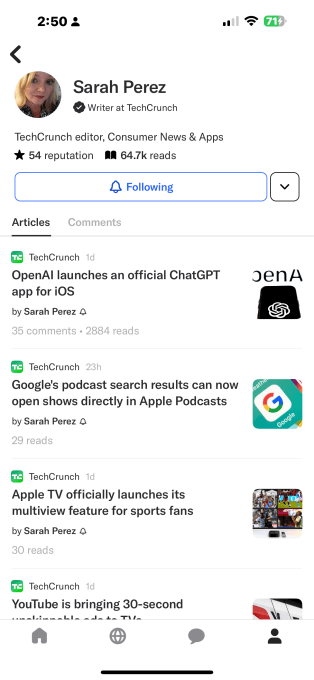
Image Credits: Artifact screenshot
- Mozilla-owned read-it-later app Pocket added the ability to create lists of news articles, initially for U.S. users, with global support to come. The feature was one of several new additions, alongside the rollout of the redesigned app on iOS and better article-jumping features for Android.
Fintech
- Neobanking service Step takes on Apple’s new Savings Account offering with the launch of a 5% rate on its own savings account. Like Apple, there are no monthly fees and no minimum balance requirements and the funds are FDIC-insured up to $250,000. But there is a catch: to get the new rate, users will have to set up a monthly direct deposit of $500 or more from either a payroll provider or employer — effectively making Step their primary bank.
- Apple introduced Tap to Pay on iPhone in Australia, enabling secure, contactless payments for businesses.
- Online brokerage apps catering to Chinese users who want to invest overseas were pulled from Chinese app stores. Futu and Tiger Brokers agreed to stop accepting new customers from mainland China, The WSJ reported.
- Investing platform Public introduced a new project called Alpha, designed to “enhance your investing experience with artificial intelligence powered by GPT-4.” Alpha aims to save users time researching and tracking stocks, ETFs, crypto and alternative assets by receiving instant answers to your questions. The feature is rolling out to all Public members. ChatGPT-4 subscribers, will also now have access to Alpha through the OpenAI plugin network.

Image Credits: Public
Travel & Transportation
- In an interview with TechCrunch, Uber head of rides Camiel Irving talks about all the avenues the company is pursuing to move beyond being only a ride-hailing app, including its expansions into areas like boats, groceries, supporting teen riders and more.
- In addition to the private chartered boat bookings and teen rider support, Uber announced a new way to hail a car via a phone call (1-833-USE-UBER).
- Porsche added support for Apple Maps EV routing, allowing Porsche Taycan drivers to use Apple Maps via CarPlay. The announcement follows GM’s plan to ditch CarPlay in all its future EVs in favor of working with Google instead.
- Comedian Hasan Minhaj will be the newest personal navigator in Google’s Waze app, entertaining drivers with commentary on traffic, self-deprecating jokes and other funny insights.
Commerce
- Shein raised $2 billion at a $66 billion valuation, down from $100 billion in April 2022, The WSJ reported. Investors included Sequoia, General Catalyst and Mubadala. The e-commerce company generated $23 billion in 2022.
Messaging
- WhatsApp announced a new feature called “Chat Lock” that lets you lock down your chats from prying eyes. When used, the feature takes the thread out of the inbox and puts it in its own folder that can only be accessed with your device password or biometric, like a fingerprint.
Security
- Popular Android TV boxes being sold on Amazon, including AllWinner and RockChip, were found to be laced with malware. The boxes’ listings have thousands of good reviews and four out of five stars in their ratings. But security researchers discovered they were actually communicating with command-and-control servers as part of a larger botnet.
- Twitter’s new encrypted DMs aren’t as safe as you think, security researchers are saying. Though Twitter had already acknowledged the feature doesn’t protect against man-in-the-middle attackers, researchers have pointed out that Twitter has the means to subvert the end-to-end nature of the conversation if it chose — but not without alerting users to that fact. While some encryption is better than none, it’s still worth using an app like Signal or WhatsApp if you wanted secure chats.
- Apple touted its fraud-fighting capabilities in a recent Newsroom post as the tech giant aims to litigate its right to collect commissions from app developers in the court of public opinion. The company says it stopped over $2 billion in fraudulent transactions in 2022, blocked nearly 3.9 million credit cards, closed 428,000 developer accounts and stopped nearly 105,000 developer program enrollments over suspected fraud.
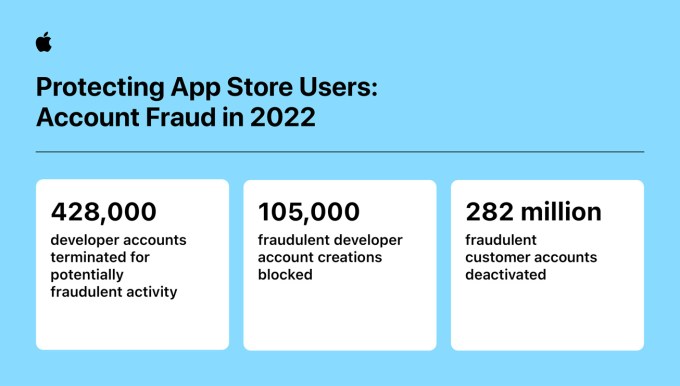
Image Credits: Apple
Government and Policy
- The Supreme Court ruled in favor of Twitter and Google in a lawsuit that attempted to hold social platforms liable for dangerous content — specifically their hosting of content that promoted the terrorist organization ISIS. The case aimed to leverage an anti-terrorism law to open up the platforms to legal liability, but the court determined they were not responsible for aiding and abetting ISIS. The ruling on Twitter was applied to a related case on Google. The case was noteworthy because it had the potential to impact how Section 230 of the Communications Decency Act was applied. Currently, the law shields tech companies from being liable for the content they post, but a different decision could have carved out an exception for terrorist content.
- Twitter owner Elon Musk threatened to sue Microsoft over an agreement regarding Microsoft’s use of Twitter data. In a letter to Microsoft CEO Satya Nadella, Twitter said Microsoft had used more data than it was supposed to and shared it with government agencies without permission. The letter appears to be an attempt to get Microsoft to pay for data access via Twitter’s new API fees. The microblogging app maker claimed that Microsoft products, including Xbox One, Bing, Azure, Power Platform and Microsoft Ads, had “retrieved over 26 billion tweets in 2022 alone.” In a tweet, Musk said that Microsoft had “trained illegally using Twitter data. Lawsuit time,” in a reference to Microsoft using Twitter data to train its AI. He also accused Microsoft of demonetizing the Twitter database and selling the data to others.
- A group of TikTok creators is suing to overturn Montana’s new law that bans TikTok starting January 1, 2024, citing First Amendment violations. The state says it expected a legal challenge and is prepared to defend the new law. Montana’s new law bans apps tied to foreign adversaries including also Telegram, WeChat and Temu.
- Ovulation tracking app Premom settled with the FTC and state AGs for $200,000 over its sharing of user information with third parties without gaining consent.
Downloads
Skylight, from the makers of Halide
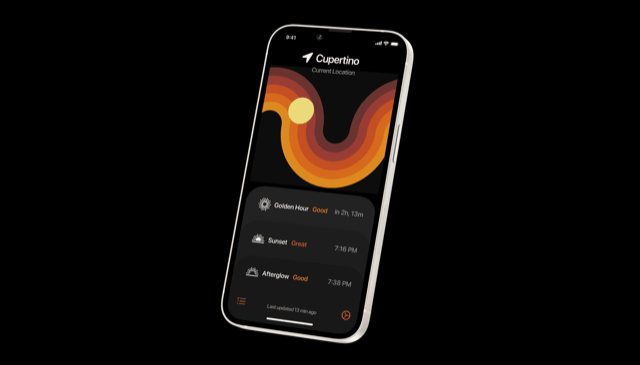
Image Credits: SkyLight via Lux
The creators of the popular iPhone camera app Halide are out this week with a new creation: Skylight Forecast, an app that predicts when you can see a spectacular sunset. The app uses dozens of atmospheric factors to make its intelligent predictions about whether you’ll see a great sunset, an average glow or nothing at all. The app also includes Home Screen and Lock Screen widgets and includes several nice touches. For instance, the app lights up in dynamic colors depending on the quality of the sunset, and the icons are adaptive to the circumstances, changing around based on condition. At launch, the app costs $1.99 per month, or $9.99 per year. Though typically the company offers one-time purchase options, it says it can’t do that in this case because of the ongoing costs for weather data.
Carrot Weather (Update: version 5.11)
Missing Dark Sky? The updated version of Carrot Weather out this week brings improved rain alerts via server-side push notifications as to when the rain will start and stop. You can also set a minimum delivery interval to receive these updates more or less often. It also added several new data sources for Europe and Japan, including OpenWeather and other regional sources. Plus, you can see monthly averages for any locations in the Location Details scene or time travel up to 80 years in the past or a year in the future, to compare weather trends, among other things. Some of these features are reserved for Premium subscribers, while others require a Premium Ultra subscription.
This Week in Apps: ChatGPT comes to iPhone, Bing AI efforts expand, Instagram’s Twitter clone by Sarah Perez originally published on TechCrunch


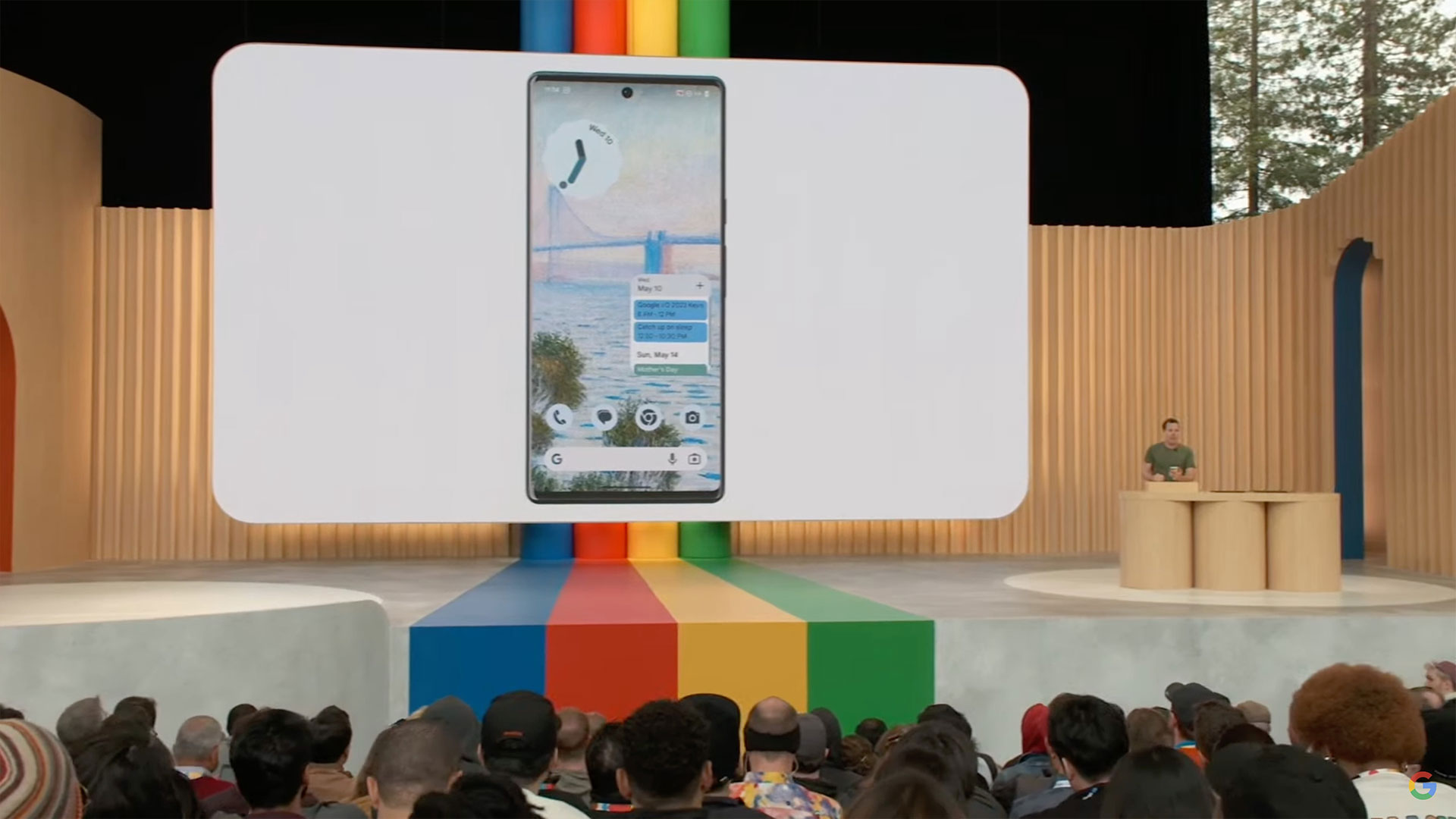
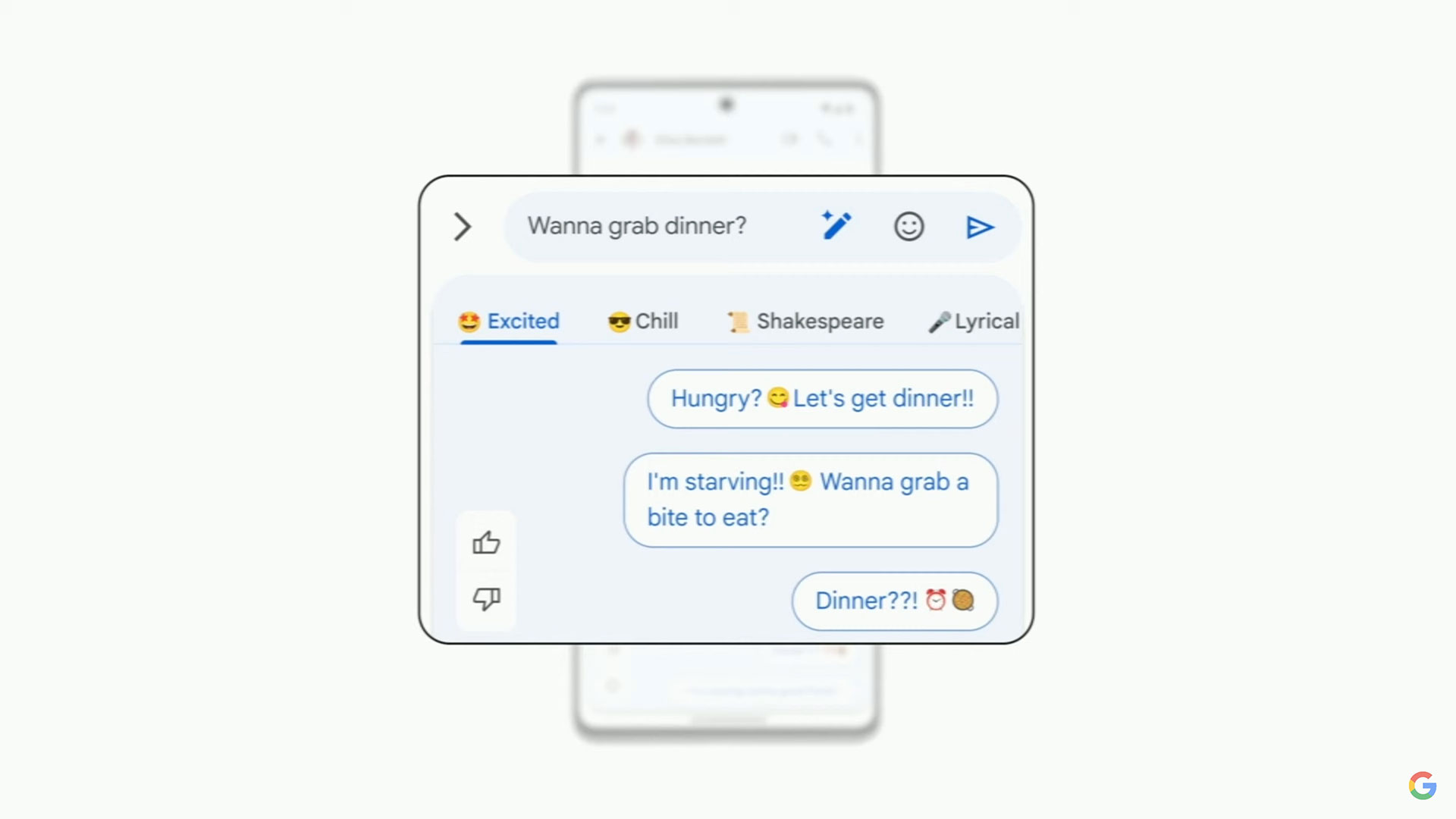

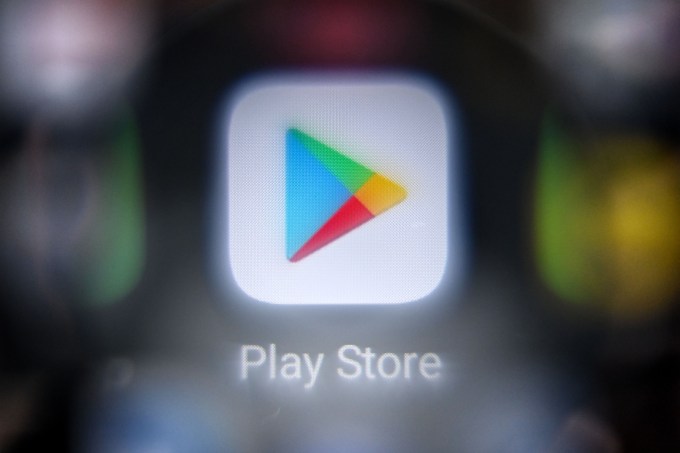

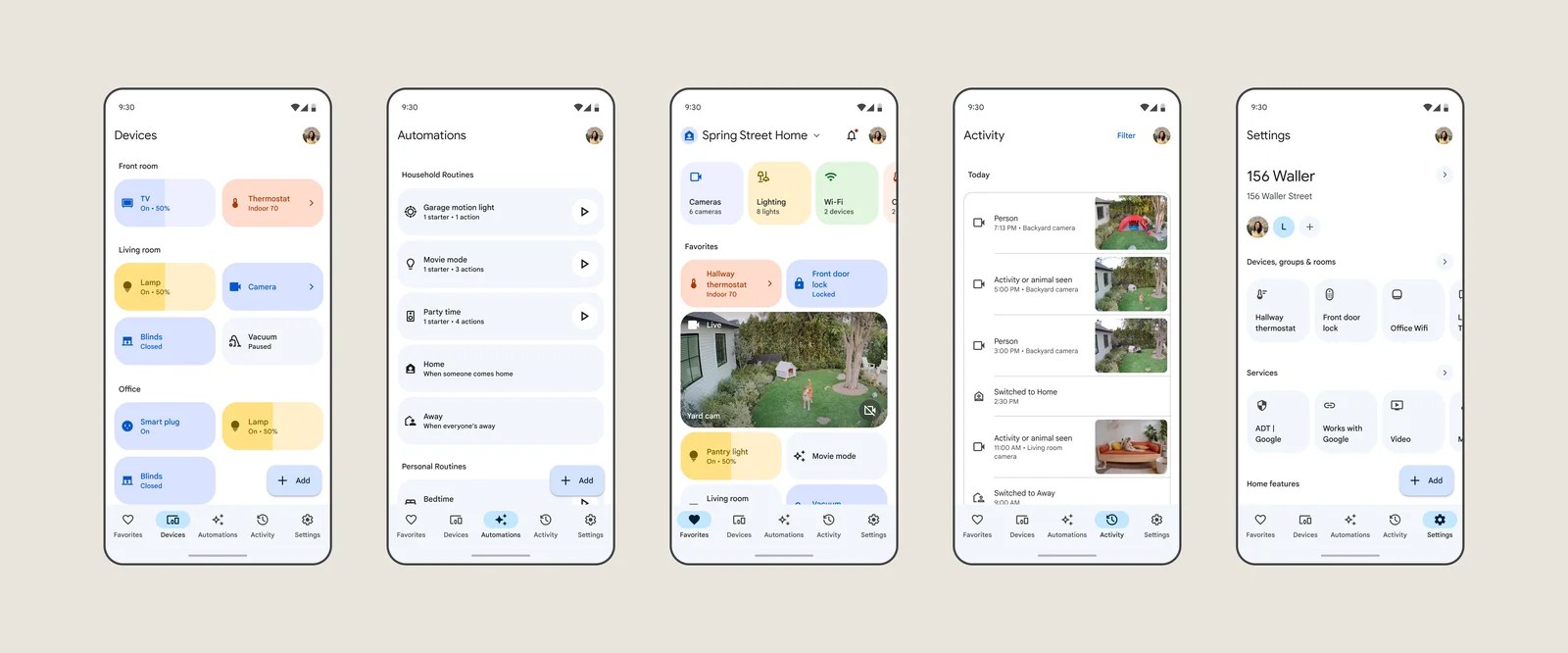

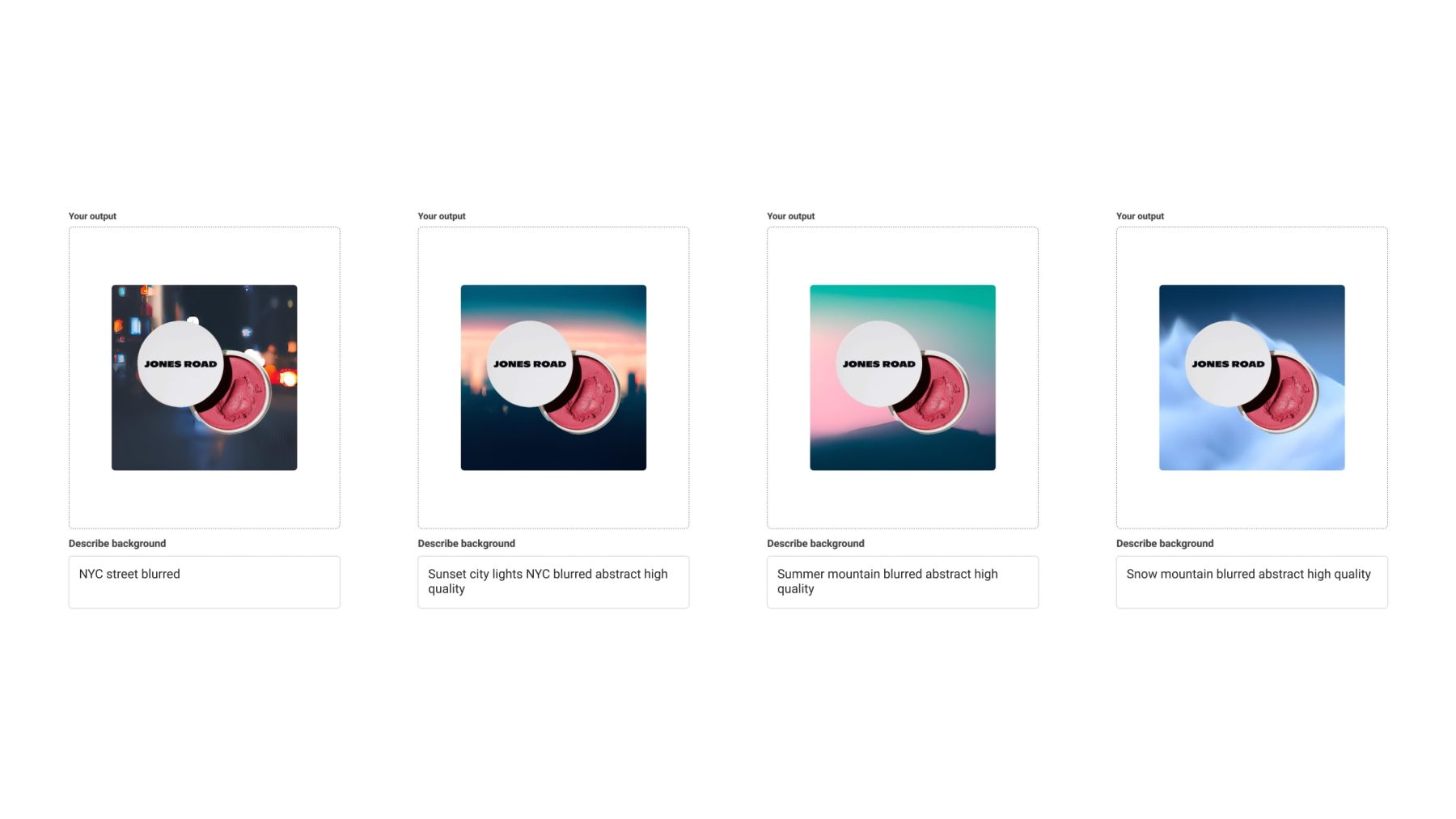



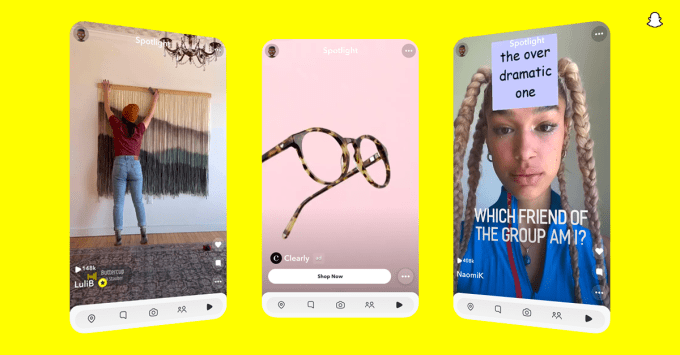

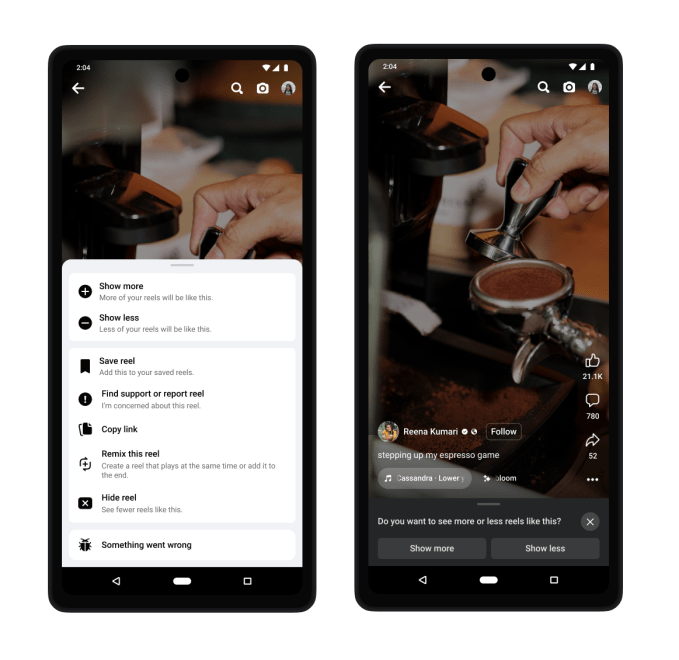
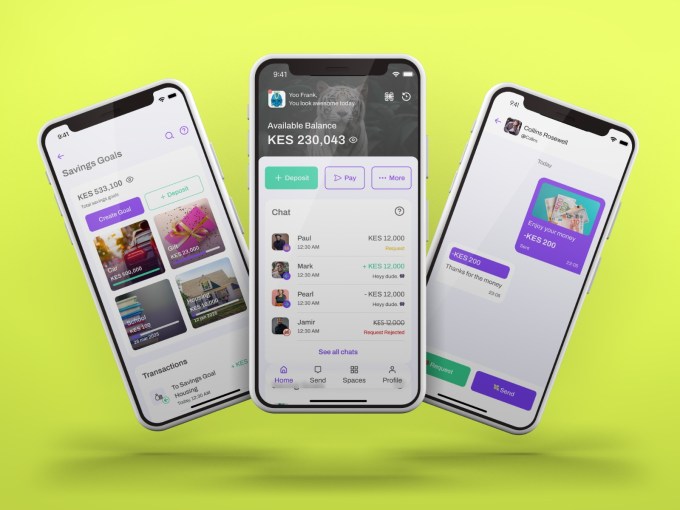
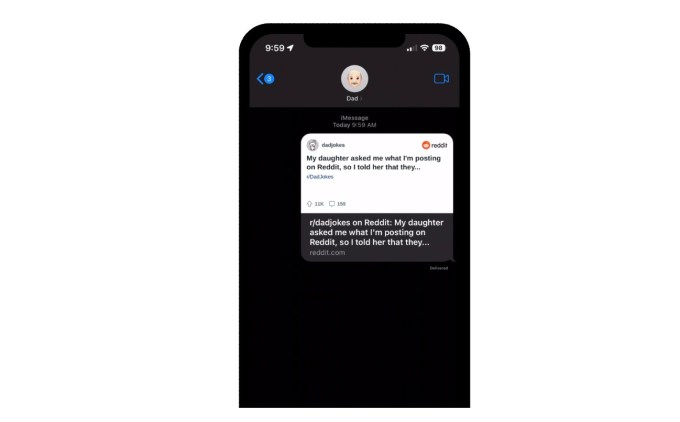
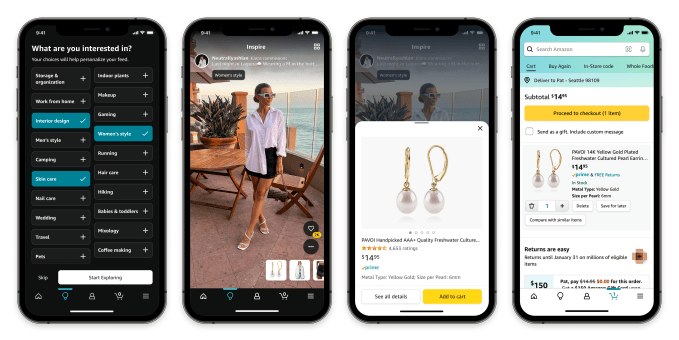
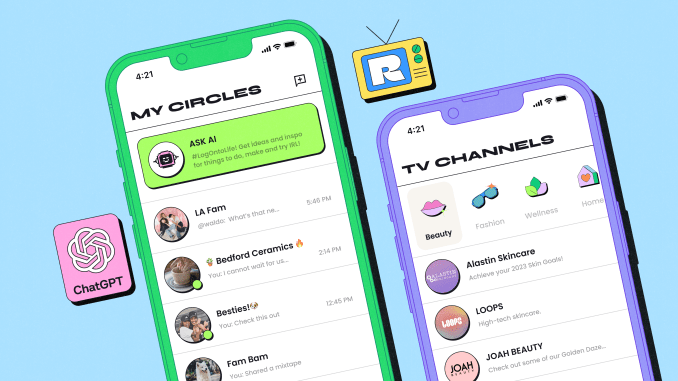
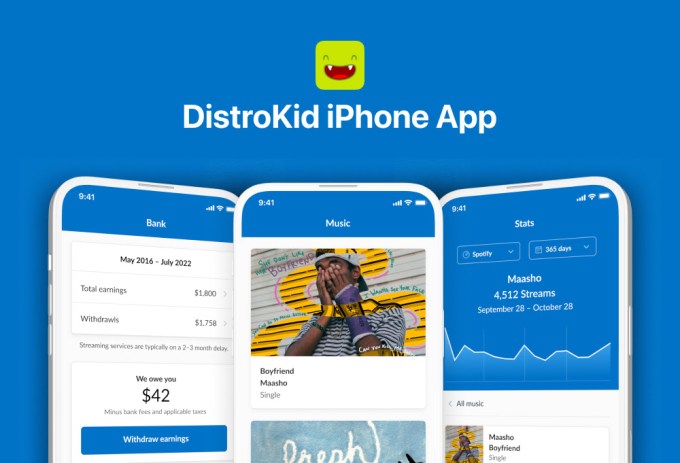


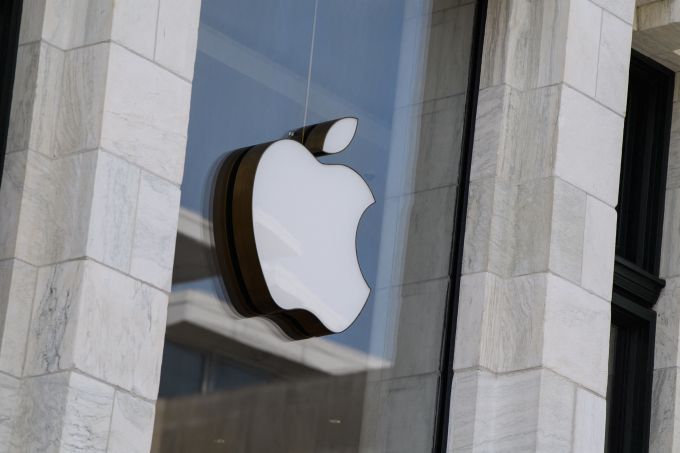

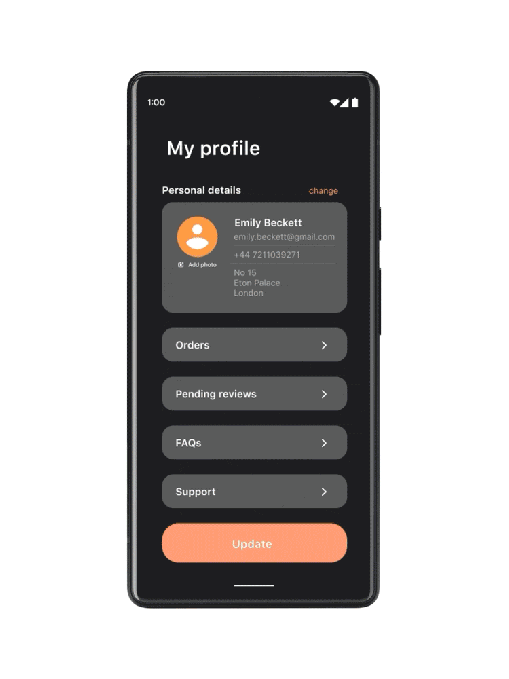

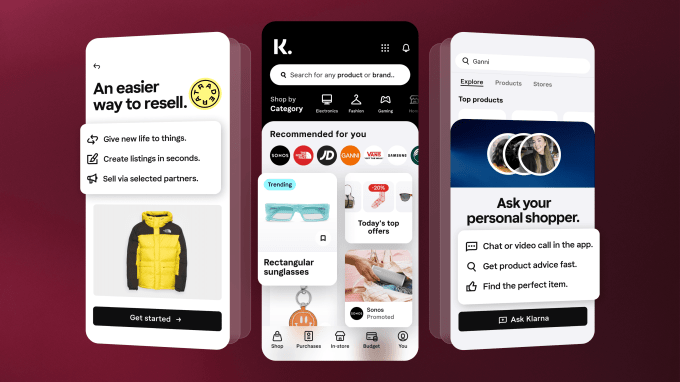
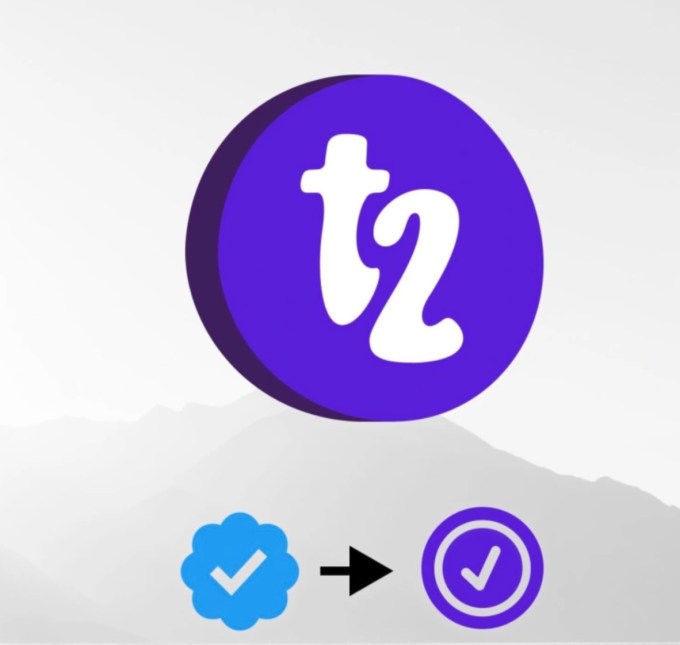
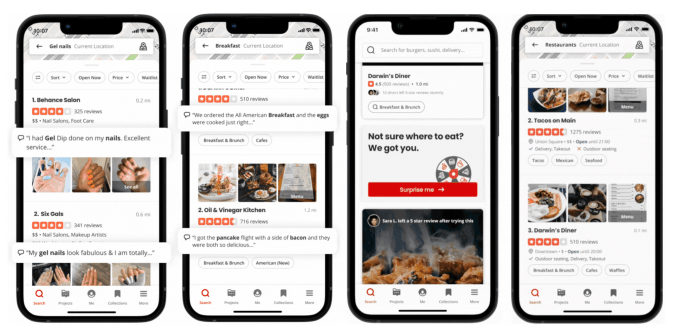
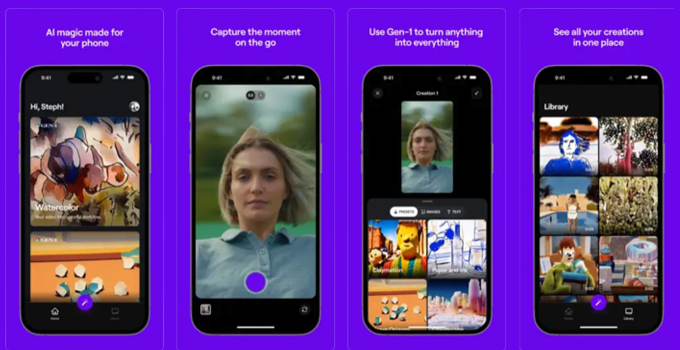
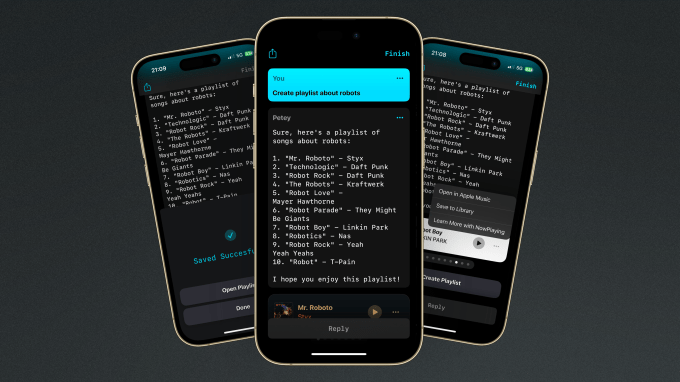
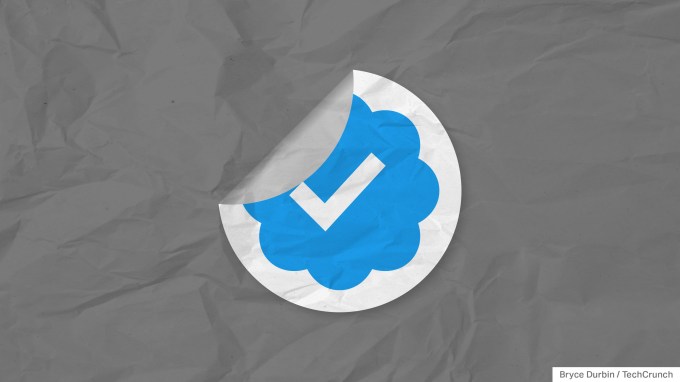
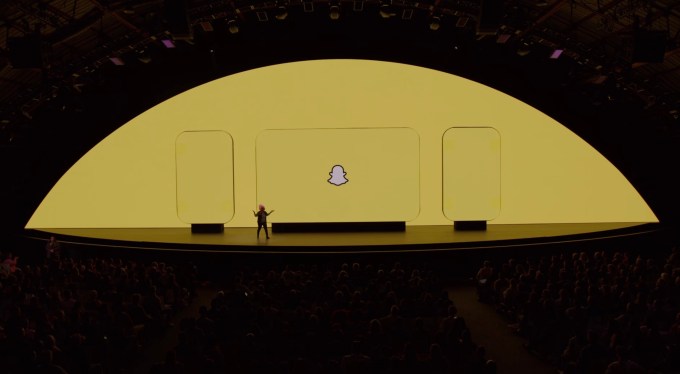
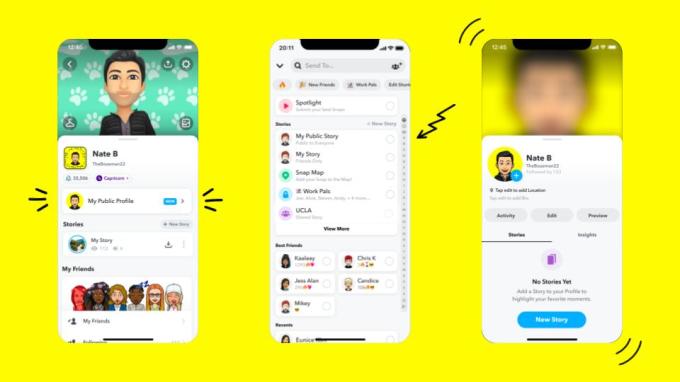


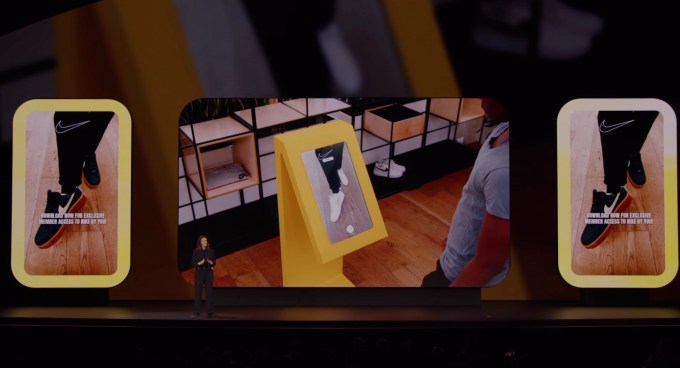

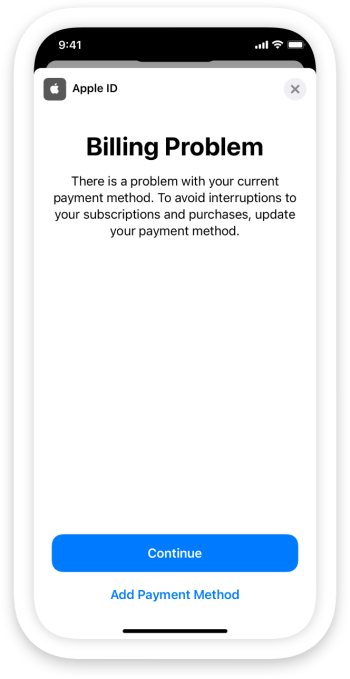
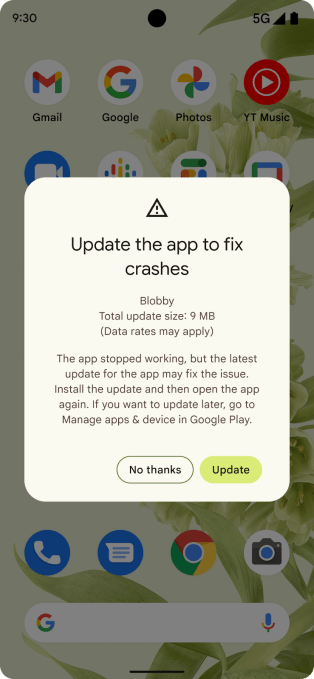
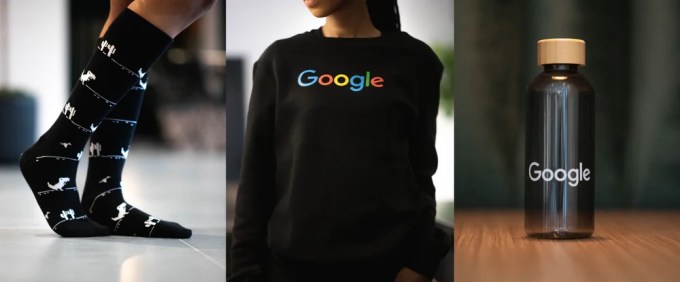

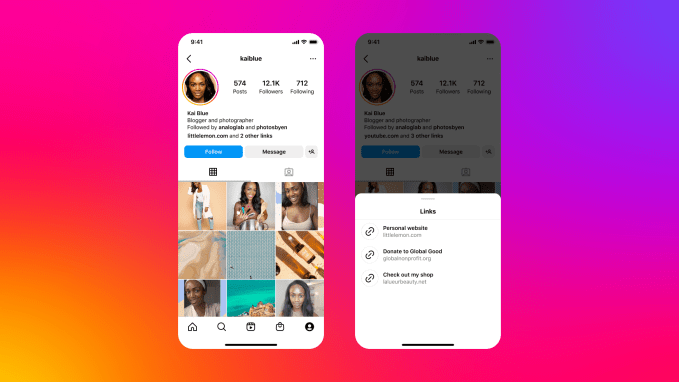
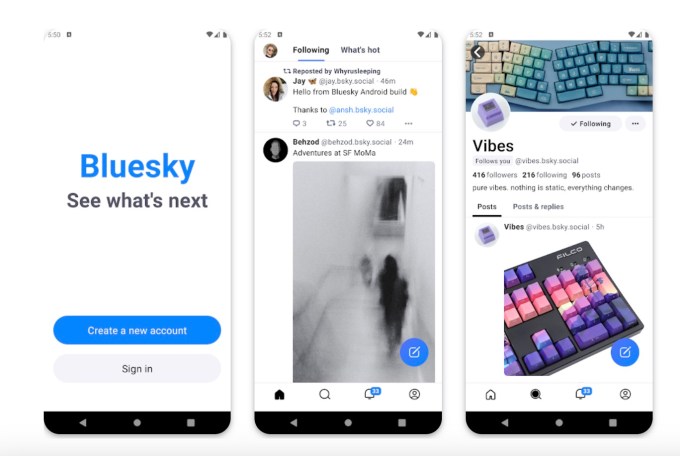
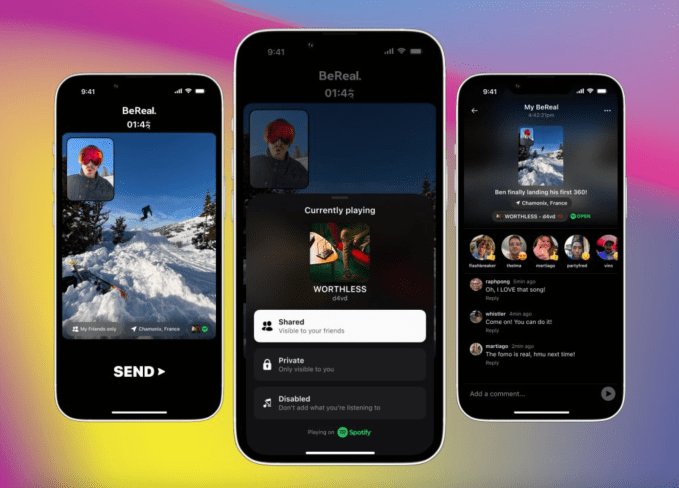

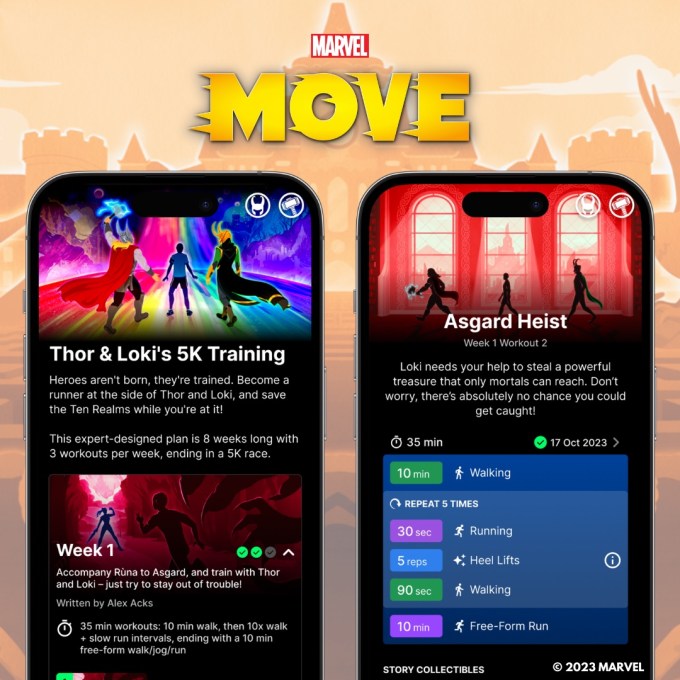
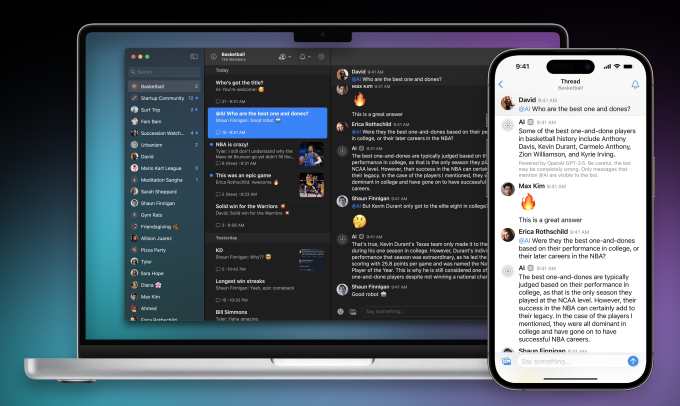
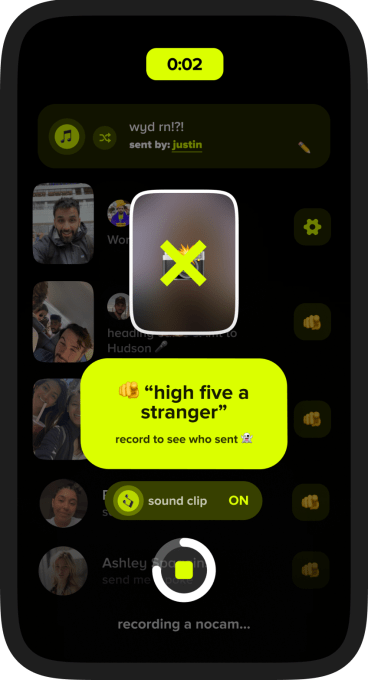
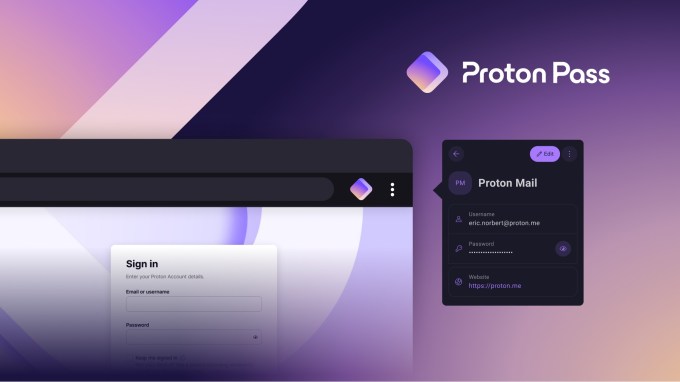


 ANDROID 14
ANDROID 14 